
Indian companies engaged in manufacturing, exports, and imports are always in pursuit of ways to reduce costs, save working capital, and enhance efficiency. One such scheme that has drawn huge interest in recent years is the MOOWR scheme. The Indian Government has introduced it into force to facilitate manufacturers and exporters to compete globally through tax relief and operational flexibility.
What is MOOWR?
MOOWR Full form is Manufacturing and Other Operations in Warehouse Regulations. It's an initiative that fell under the Customs Act, 1962 with the Union Budget 2019.
The MOOWR facility allows companies to import raw materials, components, and capital goods into a customs warehouse without paying customs duty upon import. If the resulting product is eventually exported, no customs duty is ever paid. If the goods are sold locally, customs duty is paid upon clearance of the goods.
In simple terms:
- Import duty-free at the border.
- Pay only when selling domestically.
- No duty whatsoever on exports.
This makes the manufacturing and other operations in warehouse scheme one of the most cost-efficient and versatile customs schemes available in India.
Key Features of MOOWR Scheme
- Deferred Duty– No need to pay customs duty while importing raw materials or machinery. Duty is withheld until goods are cleared for domestic use.
- No Export Obligation – Unlike schemes such as EPCG or Advance Authorization, MOOWR does not necessarily force you to export.
- Duty-Free Exports – The exports from the bonded warehouse are free from customs duty in full.
- Operation Flexibility – Production, assembly, testing, repair, or any other operation permissible can be done inside the warehouse.
- No Expiry Date – A MOOWR license will not expire if the unit is continuing to meet customs requirements.
Motive Behind the MOOWR Scheme in India
The government launched the MOOWR scheme with the motive of creating a strong manufacturing environment in India. It aligns with Make in India and Ease of Doing Business.
The primary motives are:
1. Increasing Local Production – By minimizing initial duty costs, the program encourages companies to manufacture products in India rather than importing finished items.
2. Encouraging Exports – Since exports are duty-free, Indian manufacturers can price their products more competitively in foreign markets.
3. Reducing Burden on Working Capital – Import duty payment is postponed, freeing up capital for business working needs as well as investment.
4. Foreign Investment Attraction – Multinational companies setting up factories in India have cost advantages, thus positioning India as a favored manufacturing hub.
5. A Simple Compliance – Having no requirement of stringent export within a specified deadline, the scheme is easy to carry out compared to other incentive schemes.
Overall, the motive was to reduce cost liabilities, attract investment, and position India as an international manufacturing and export hub.
Eligibility for MOOWR
Any business is qualified for a MOOWR license:
- Anyone doing manufacturing or related operations in India is eligible for MOOWR.
- Existing units along with new units can apply.
- Minimum investment is not required.
- Sectors such as electronics, automobiles, pharmaceuticals, chemicals, and engineering are particularly benefited.
How Does the MOOWR Scheme Work?
2. Your premises are officially declared a bonded warehouse after approval.
3. Import raw materials and machinery without paying duty in advance.
4. Manufacture or undertake other authorized activities in the warehouse.
5. If export of finished goods → No duty on customs.
6. If sold within India → Pay duty (with interest) at the time of clearance.
This simple mechanism gives a big relief to businesses that otherwise struggle with blocked working capital.
Benefits of the MOOWR Scheme
1. Enhanced Cash Flow – No prepayment duty guarantees better liquidity for business.
2. No Export Condition – You have the freedom to sell at home or outside free from any restriction.
3. Duty-Free Exports – Indian goods become competitive in the international market.
4. Easy Compliance – The MOOWR scheme notification prescribes easy rules, in contrast to complex export-based schemes.
5. Limitless Warehousing – Imported goods can be warehoused for any length of time.
6. Manufacturing Support – Makes production cheaper and boosts the "Make in India" movement.
Procedure to Obtain MOOWR License
MOOWR license application involves the following steps:
1. Filing of Application – Submit the form and firm papers (incorporation certificate, premises diagram, GST, PAN, IEC).
2. Customs Inspection – The premises are inspected by the authorities and suitability is decided.
3. Execution of Bond – Bond for duty liability is executed.
4. Approval – Warehouse is notified as a bonded facility.
5. Commencement of Operations – Unit can now import products free of duty and start manufacturing.
Compliance under MOOWR
While simple, the MOOWR scheme customs compliance rules must be followed:
- Keep accurate records of import, manufacture, and clearances.
- File regular returns (monthly).
- Allow checking by customs officers when required.
- Pay duty on time for local clearances.
MOOWR Scheme Notification
How SKMC Global Can Help You?
- Eligibility Check – Assessment of whether your business qualifies.
- Application Assistance – Preparation and submitting of the MOOWR license application.
- Warehouse Setup – Support to set up and operate a bonded warehouse.
- Compliance Services – Record maintenance, return preparation, and support in audits.
- Strategic Advice – Helping you plan operations to maximize MOOWR benefits.
With our experience, you can have smooth approvals and focus on business while we manage compliance.
Conclusion
The MOOWR scheme is amongst the most trade-friendly bespoke schemes in India today. It reduces the cost of production and frees up working capital by deferring customs duty, without export obligations, and with strong compliance.
The government's objective was straightforward – to increase Indian manufacturing, bring in investment, ease exports, and make India a stronger participant in the supply chain worldwide.
If you are importing raw materials, parts, or capital goods for business, getting a MOOWR license can be a game-changer. To make it easy for you, working with experienced MOOWR scheme consultants like SKMC Global means you get to enjoy all the benefits without the hassles of complicated compliance.
At SKMC Global, we guide you through the process – application to operations – so that you can concentrate on business growth while we look after the regulatory part.
FREQUENTLY ASKED QUESTIONS
The MOOWR scheme allows import of raw materials, components, or capital goods into a bonded warehouse without upfront payment of customs duty/IGST. Duty is payable only when goods are cleared for domestic use, while exported products remain duty-free.
Only applicants holding or applying for a warehouse license under Section 58, with permission for manufacturing and other operations in warehouse under Section 65, are eligible.
The applicant files an application with the Principal Commissioner/Commissioner of Customs, submits required undertakings, input-output norms, executes a bond, and provides digital accounts format as per MOOWR scheme notification.
The MOOWR license remains valid as long as the licensee maintains compliance with the MOOWR scheme rules.
A bond ensures payment of customs duty/IGST on domestic clearance and guarantees compliance with warehousing, manufacturing, and record-keeping obligations.
The warehouse keeper must have experience in customs warehousing and obtain a digital signature for electronic filings under the Information Technology Act, 2000.
Warehouses must have clear signage, computerized accounting systems, secure storage, and access controls to facilitate compliance with MOOWR scheme customs inspections.
The licensee must verify quantities, endorse bills of entry or transfer forms, retain copies, and report discrepancies to the bond officer within 24 hours.
Yes, but customs duty and IGST must be paid at clearance, with accurate records of consumption, wastage, and production maintained.
Yes, machinery and equipment can be imported without upfront duty if used for manufacturing or other operations in the warehouse.
The licensee must maintain digital and physical records of all goods, operations, samples, and documents for at least five years, including offsite backups, and submit monthly digital returns to customs.
Warehouse ledger/stock records, MOOWR license copy, bond documentation, and invoice or challan of goods being cleared.
The licensee must file a monthly return detailing receipt, storage, operations, and removal of goods within ten days of month-end to the bond officer.
Resultant goods can be cleared by filing a bill of entry for home consumption and paying applicable customs duties, IGST, fines, or penalties. All removal records and bill copies must be retained for audit.
Recent Posts
-
 Union Budget 2026 updates...
Feb 02,2026
Union Budget 2026 updates...
Feb 02,2026
-
 SEBI’s New Co-Investment Framework for AIFs: An ...
Jan 14,2026
SEBI’s New Co-Investment Framework for AIFs: An ...
Jan 14,2026
-
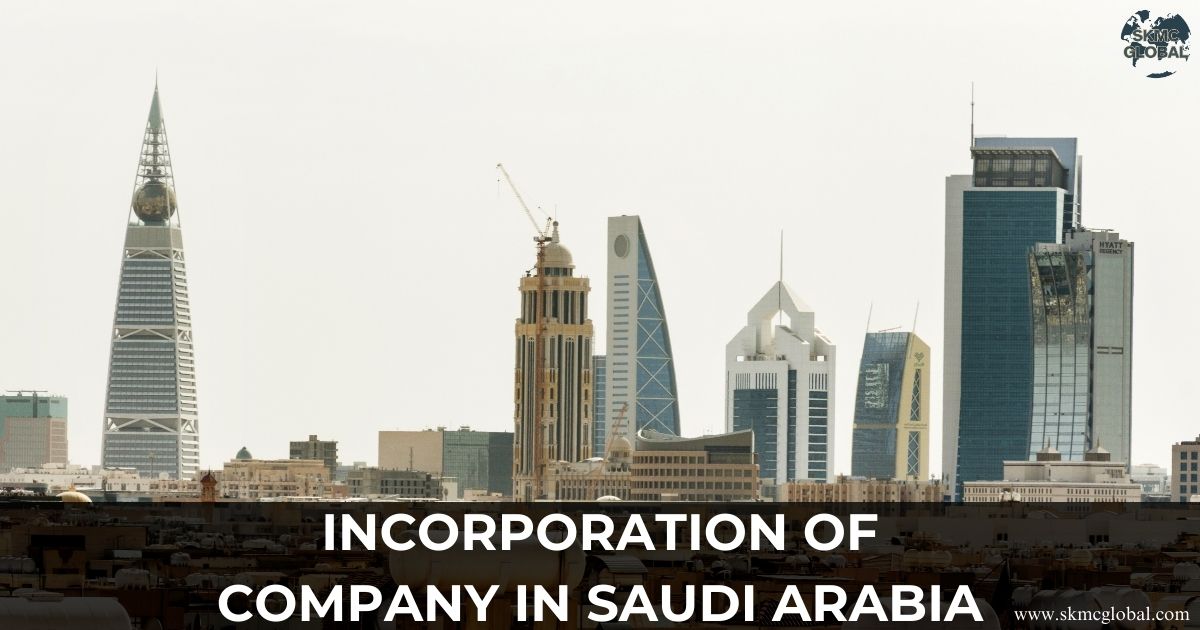 Incorporation of Company in Saudi Arabia...
Jan 05,2026
Incorporation of Company in Saudi Arabia...
Jan 05,2026
-
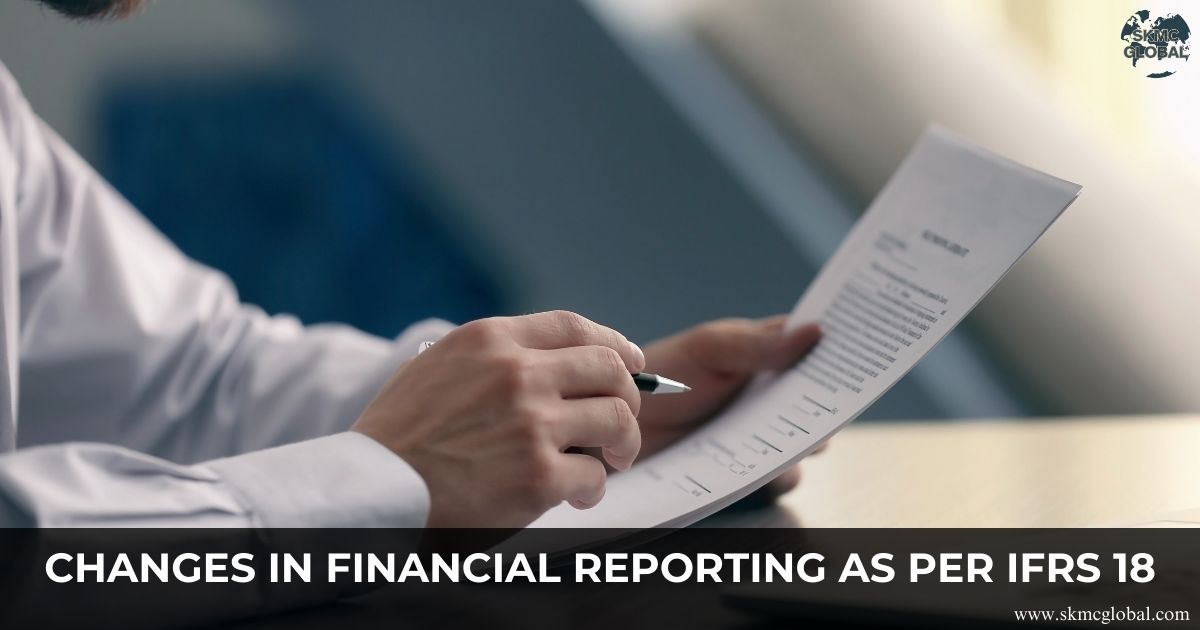 Changes in Financial Reporting as per IFRS 18...
Dec 31,2025
Changes in Financial Reporting as per IFRS 18...
Dec 31,2025
-
 Digital Personal Data Protection Act Implementatio...
Dec 30,2025
Digital Personal Data Protection Act Implementatio...
Dec 30,2025
-
 How to setup a Semiconductor Unit in Gujarat...
Dec 26,2025
How to setup a Semiconductor Unit in Gujarat...
Dec 26,2025
-
 Process of Setting Up a Gratuity Fund Trust in Ind...
Dec 18,2025
Process of Setting Up a Gratuity Fund Trust in Ind...
Dec 18,2025
-
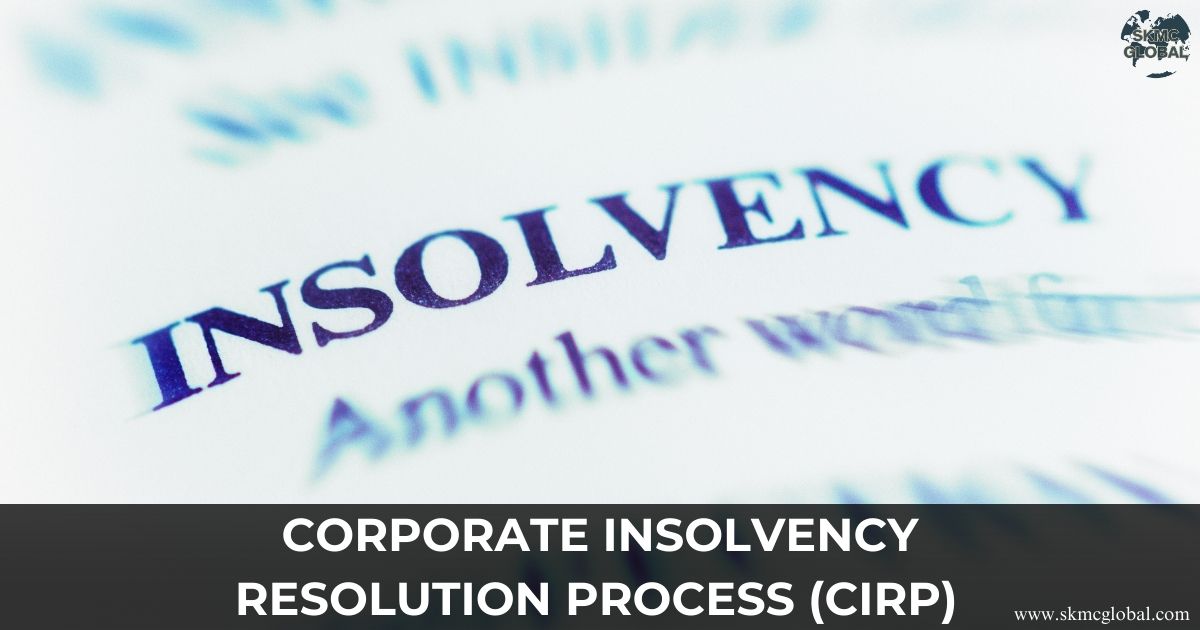 Corporate Insolvency Resolution Process (CIRP) und...
Dec 17,2025
Corporate Insolvency Resolution Process (CIRP) und...
Dec 17,2025
-
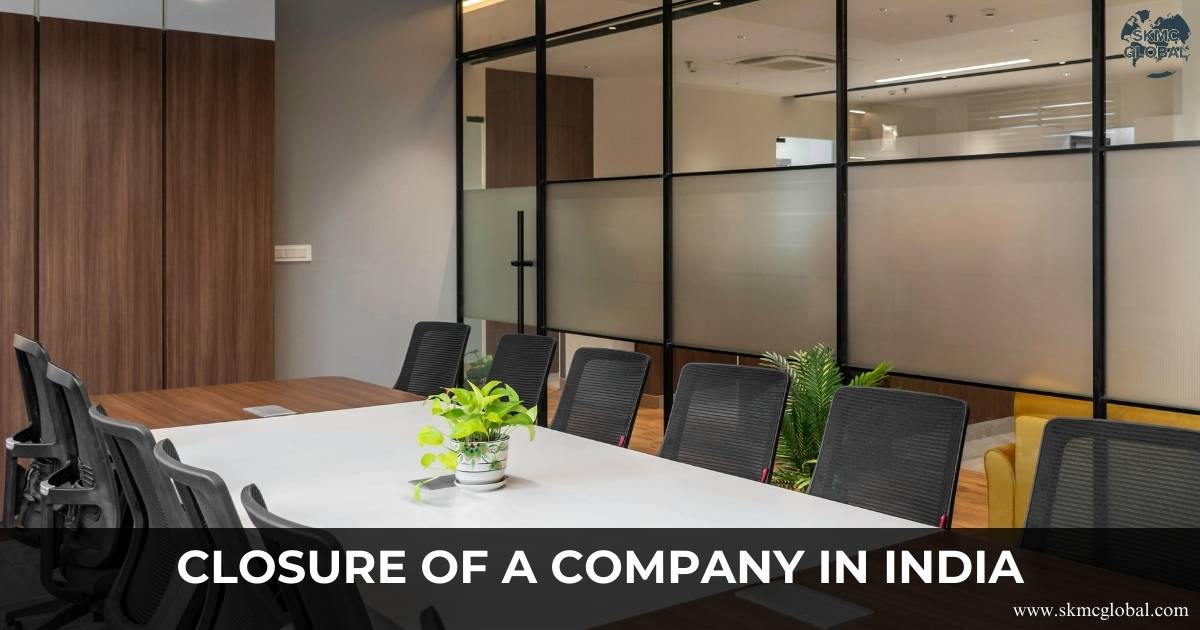 Closure of a company in India...
Dec 12,2025
Closure of a company in India...
Dec 12,2025
-
 Importance of Black Money Act 2015...
Dec 11,2025
Importance of Black Money Act 2015...
Dec 11,2025
-
 What are undisclosed assets and income under Black...
Dec 08,2025
What are undisclosed assets and income under Black...
Dec 08,2025
-
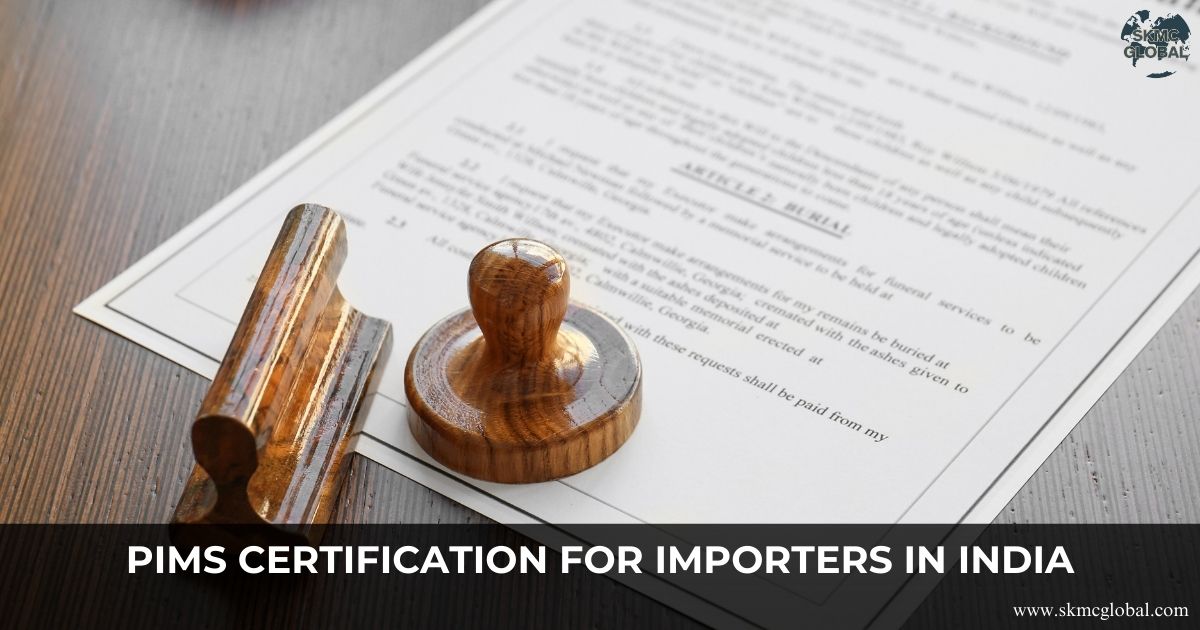 Importance of PIMS certification for Importers in ...
Dec 06,2025
Importance of PIMS certification for Importers in ...
Dec 06,2025
-
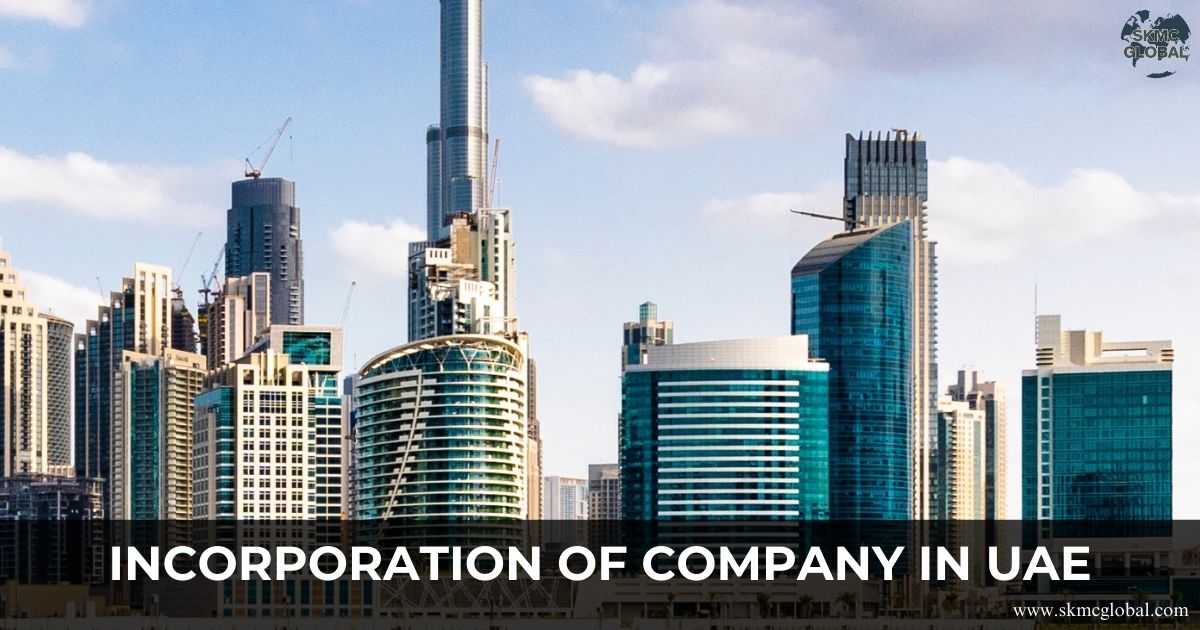 Incorporation of Company in UAE...
Dec 03,2025
Incorporation of Company in UAE...
Dec 03,2025
-
 Legal Entity Identifier LEI - Purpose and Applicab...
Dec 01,2025
Legal Entity Identifier LEI - Purpose and Applicab...
Dec 01,2025
-
 Implementation of New Labour Codes 2025...
Nov 29,2025
Implementation of New Labour Codes 2025...
Nov 29,2025
-
 A Step-by-Step Guide to a Smooth Payroll Outsourci...
Nov 28,2025
A Step-by-Step Guide to a Smooth Payroll Outsourci...
Nov 28,2025
-
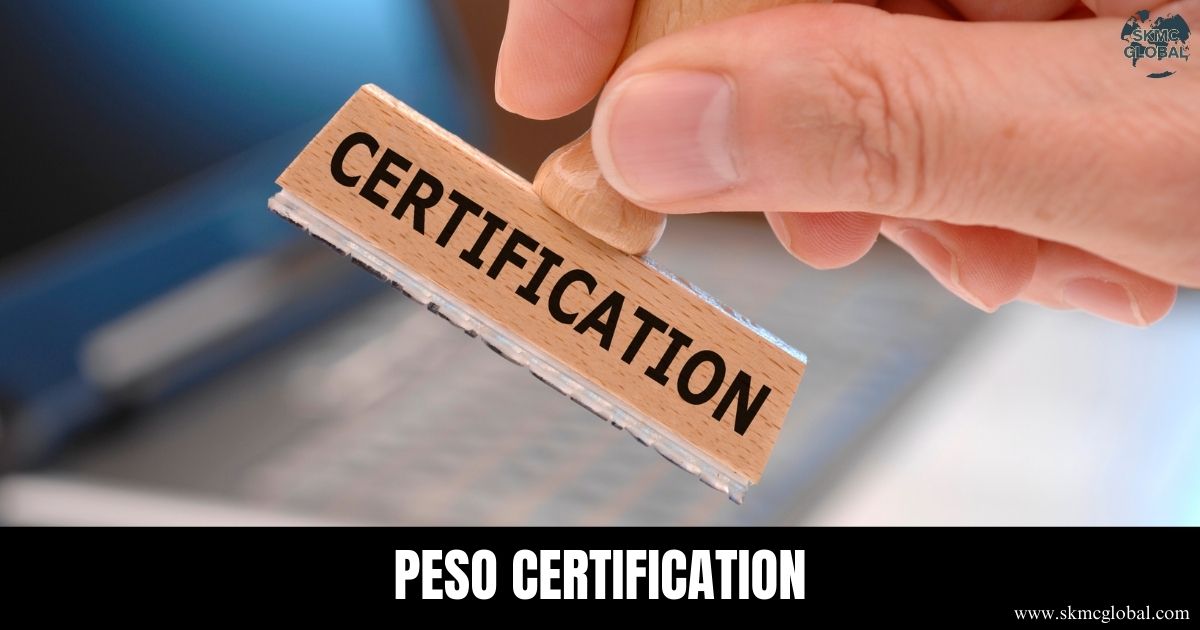 PESO Certification in India...
Nov 26,2025
PESO Certification in India...
Nov 26,2025
-
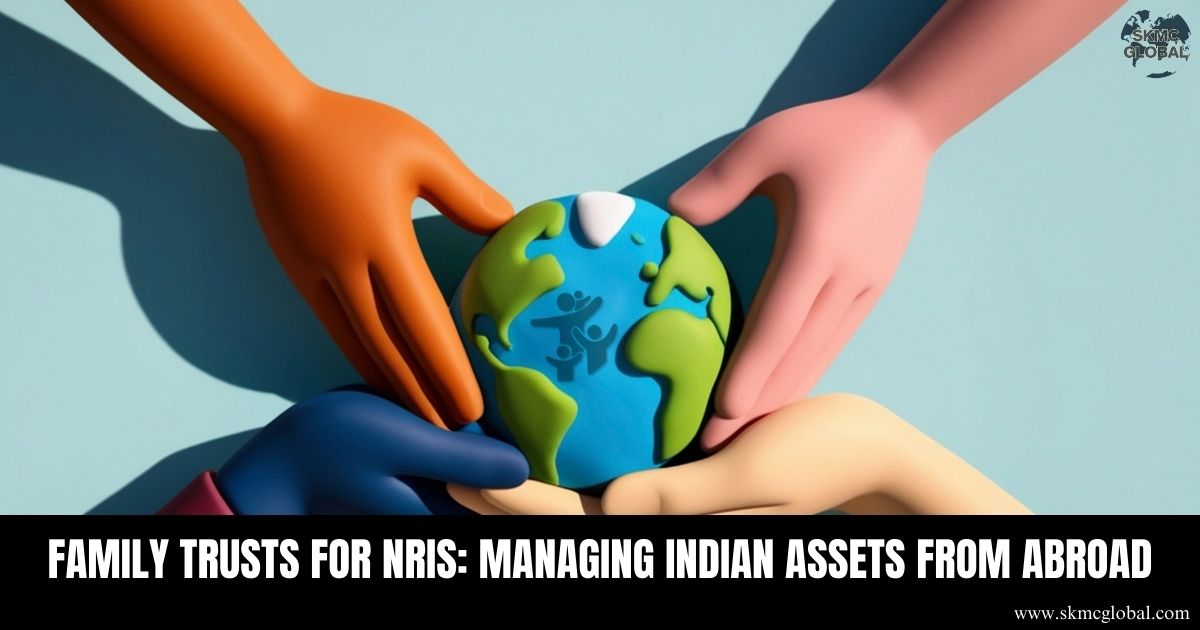 Family Trusts for NRIs- Managing Indian Assets fro...
Nov 24,2025
Family Trusts for NRIs- Managing Indian Assets fro...
Nov 24,2025
-
 Decoding Disclosures: Section 184 of Companies Act...
Nov 21,2025
Decoding Disclosures: Section 184 of Companies Act...
Nov 21,2025
-
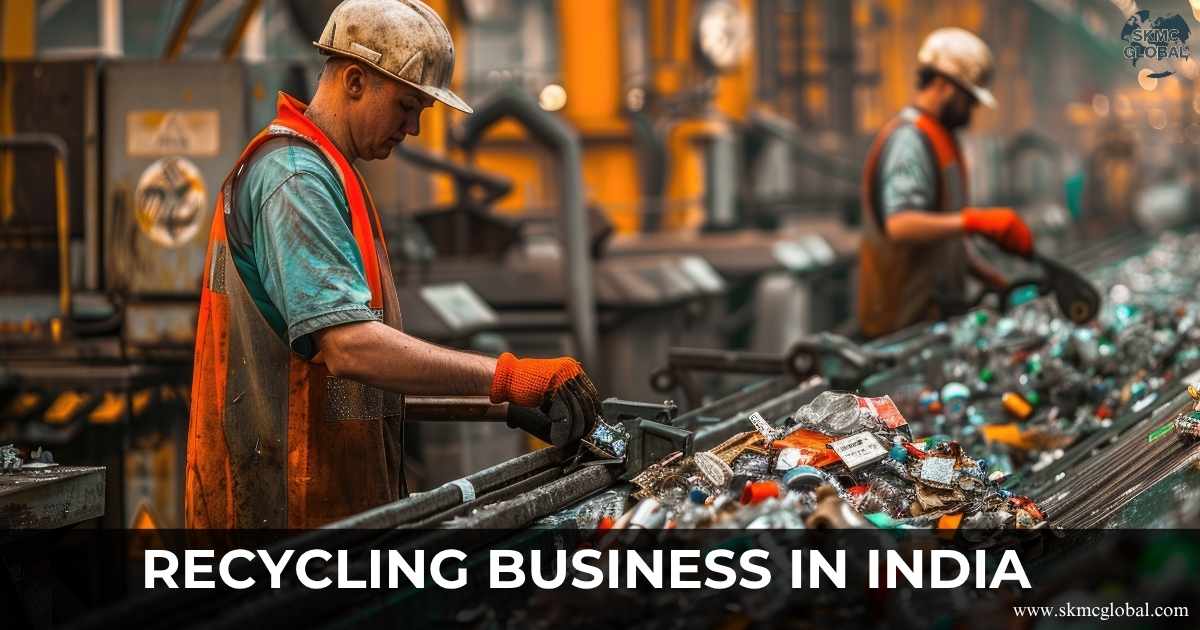 All you want to know about Recycling business in I...
Nov 20,2025
All you want to know about Recycling business in I...
Nov 20,2025
-
 What is Seed Fund Scheme and its relevance for Sta...
Nov 19,2025
What is Seed Fund Scheme and its relevance for Sta...
Nov 19,2025
-
 Incorporation of Company in Singapore...
Nov 18,2025
Incorporation of Company in Singapore...
Nov 18,2025
-
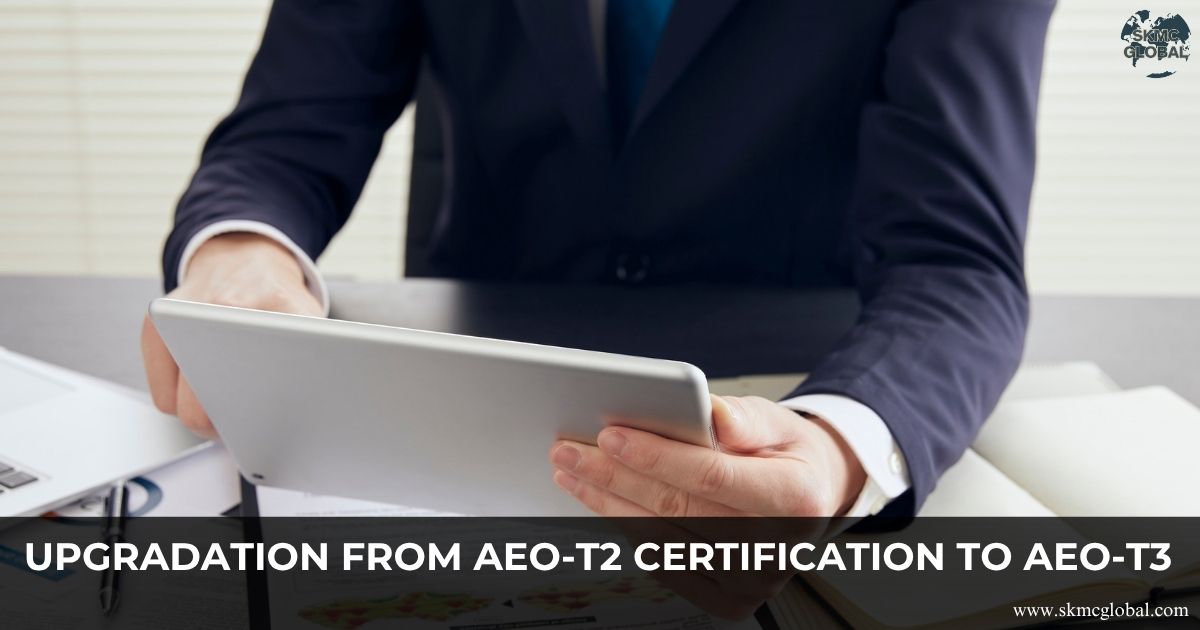 How to upgrade your AEO T2 certification to AEO T3...
Nov 15,2025
How to upgrade your AEO T2 certification to AEO T3...
Nov 15,2025
-
 What is the relevance of APEDA Registration and it...
Nov 14,2025
What is the relevance of APEDA Registration and it...
Nov 14,2025
-
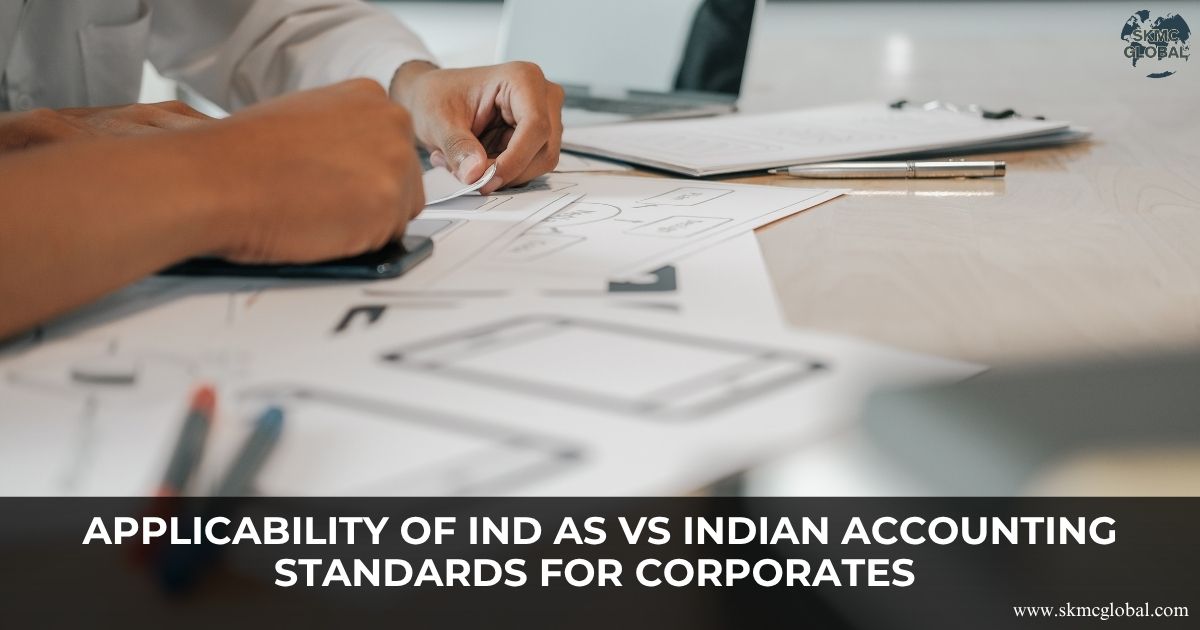 Applicability of Indian Accounting Standards for c...
Nov 11,2025
Applicability of Indian Accounting Standards for c...
Nov 11,2025
-
 Public vs. Private Trust: key Differences in Regis...
Oct 28,2025
Public vs. Private Trust: key Differences in Regis...
Oct 28,2025
-
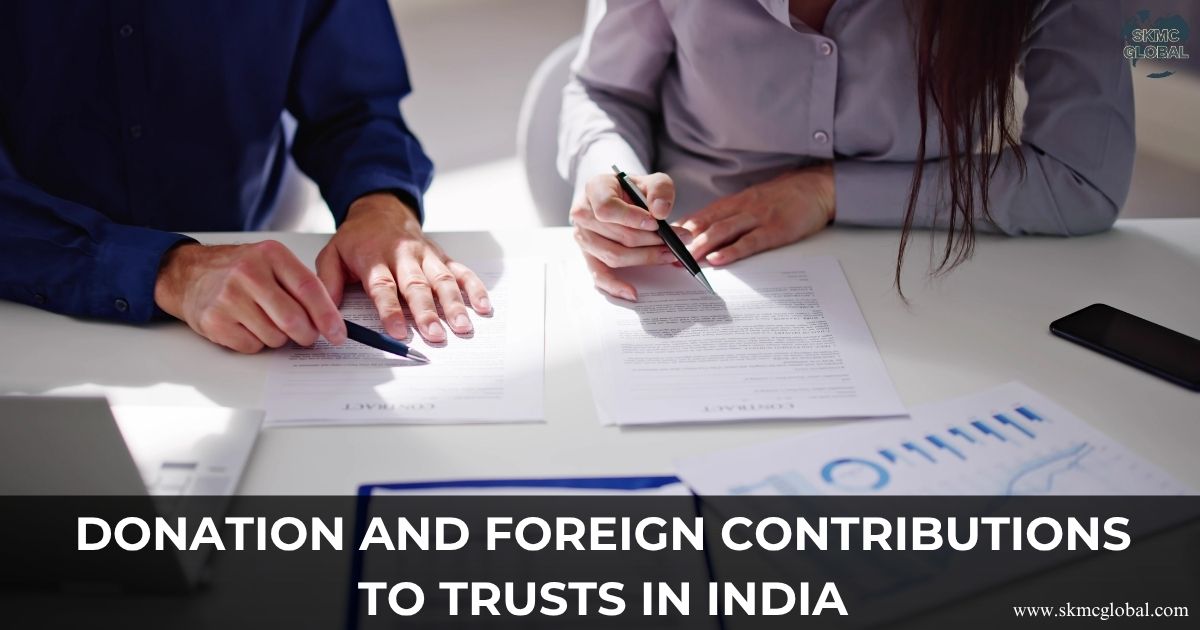 Donation and Foreign Contributions to Trusts in In...
Oct 23,2025
Donation and Foreign Contributions to Trusts in In...
Oct 23,2025
-
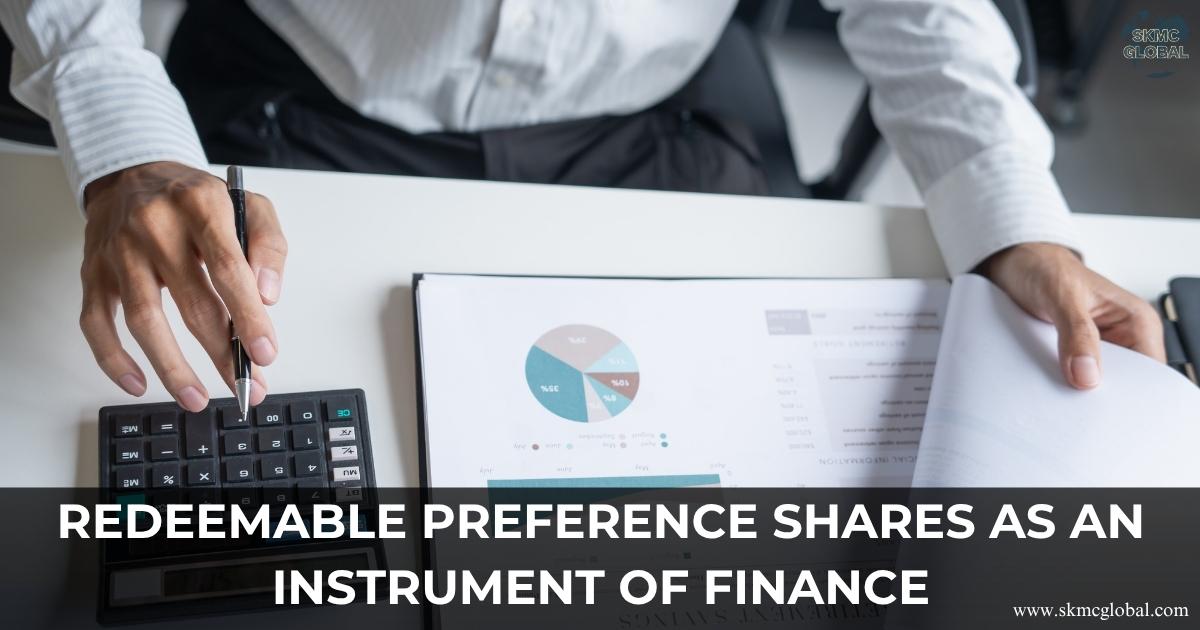 Redeemable Preference Shares as a Financial Tool...
Oct 22,2025
Redeemable Preference Shares as a Financial Tool...
Oct 22,2025
-
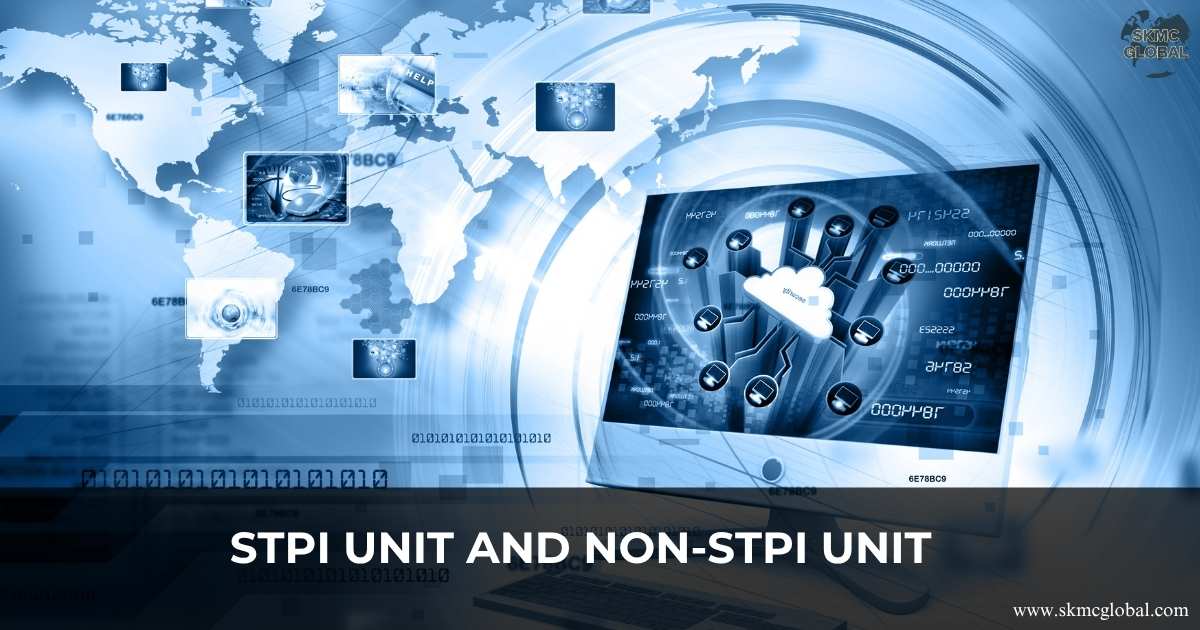 STPI Unit and Non-STPI Unit...
Oct 16,2025
STPI Unit and Non-STPI Unit...
Oct 16,2025
-
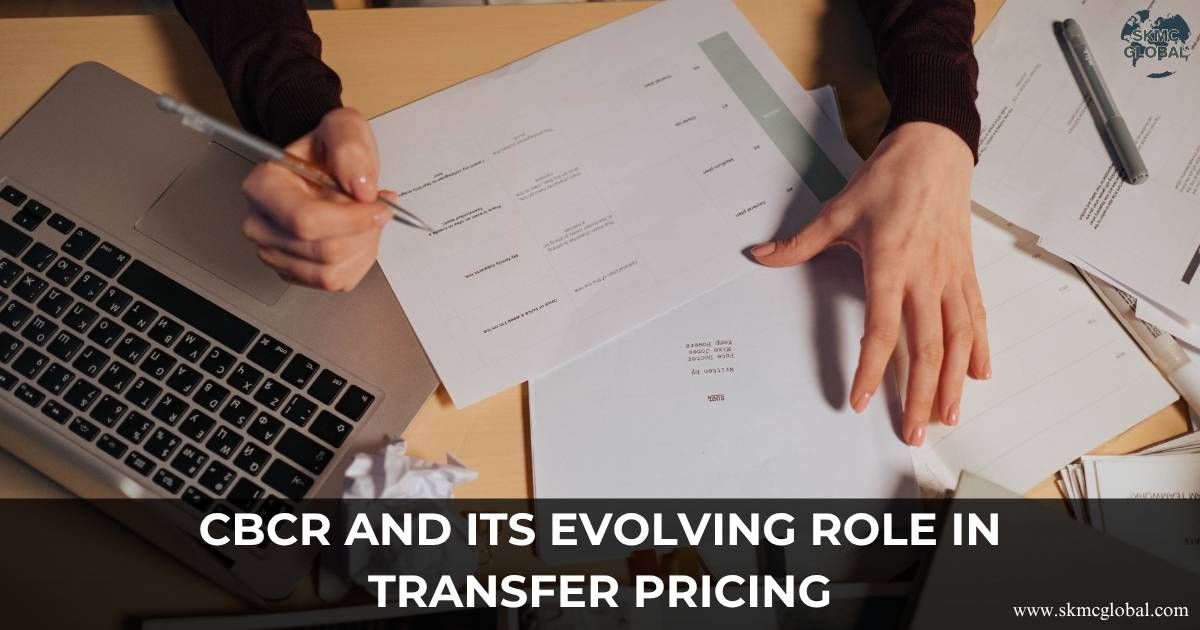 Country-by-Country Reporting (CbCR) and Its Evolvi...
Oct 09,2025
Country-by-Country Reporting (CbCR) and Its Evolvi...
Oct 09,2025
-
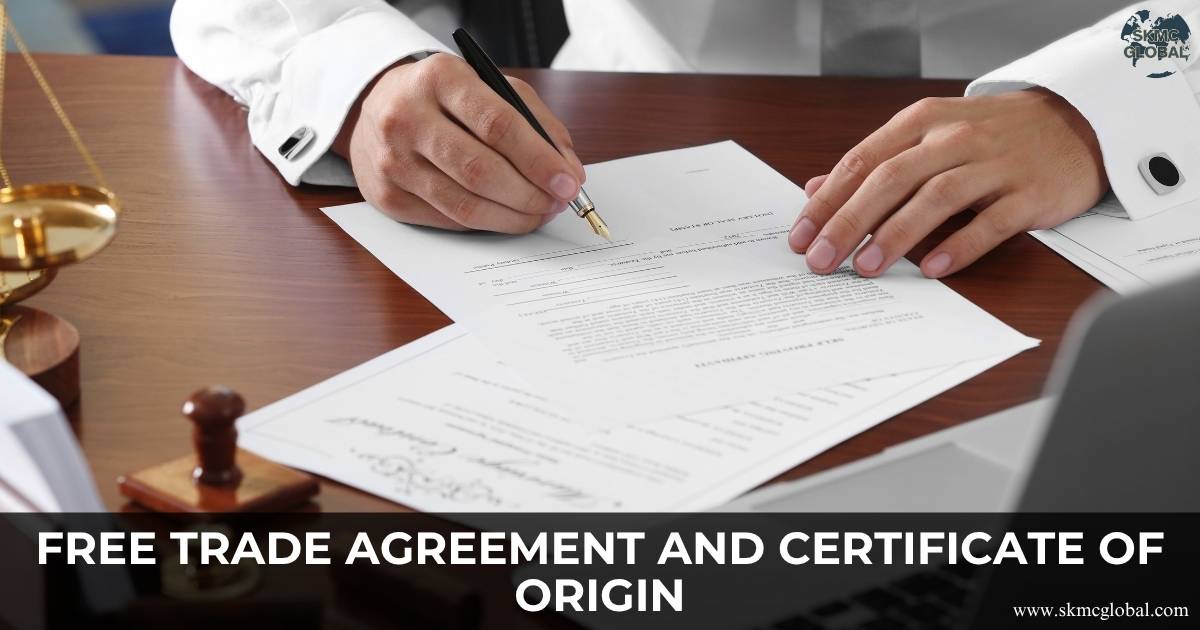 What is Free Trade Agreement and Certificate of Or...
Oct 08,2025
What is Free Trade Agreement and Certificate of Or...
Oct 08,2025
-
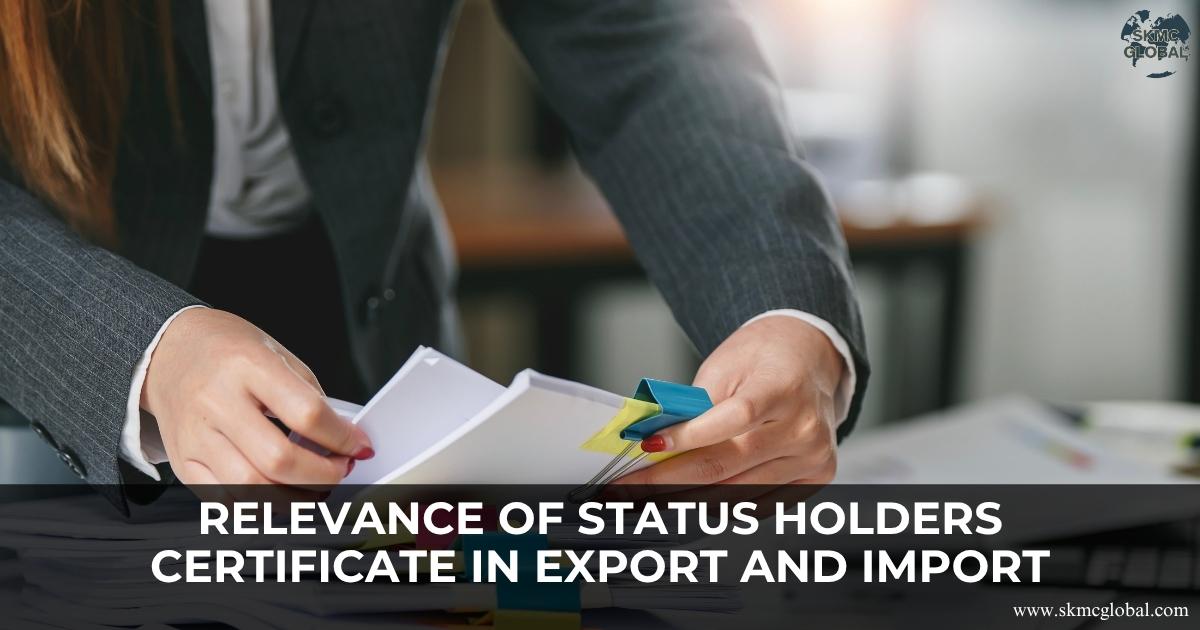 What is the relevance of status holders certificat...
Oct 06,2025
What is the relevance of status holders certificat...
Oct 06,2025
-
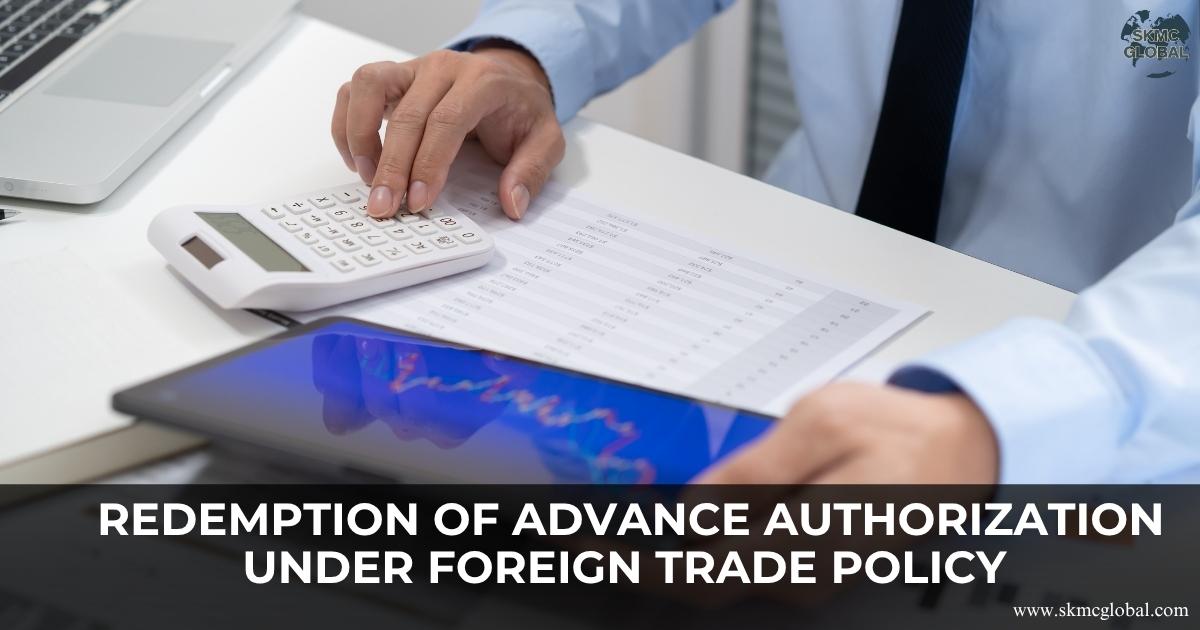 Redemption of Advance Authorization under Foreign ...
Oct 04,2025
Redemption of Advance Authorization under Foreign ...
Oct 04,2025
-
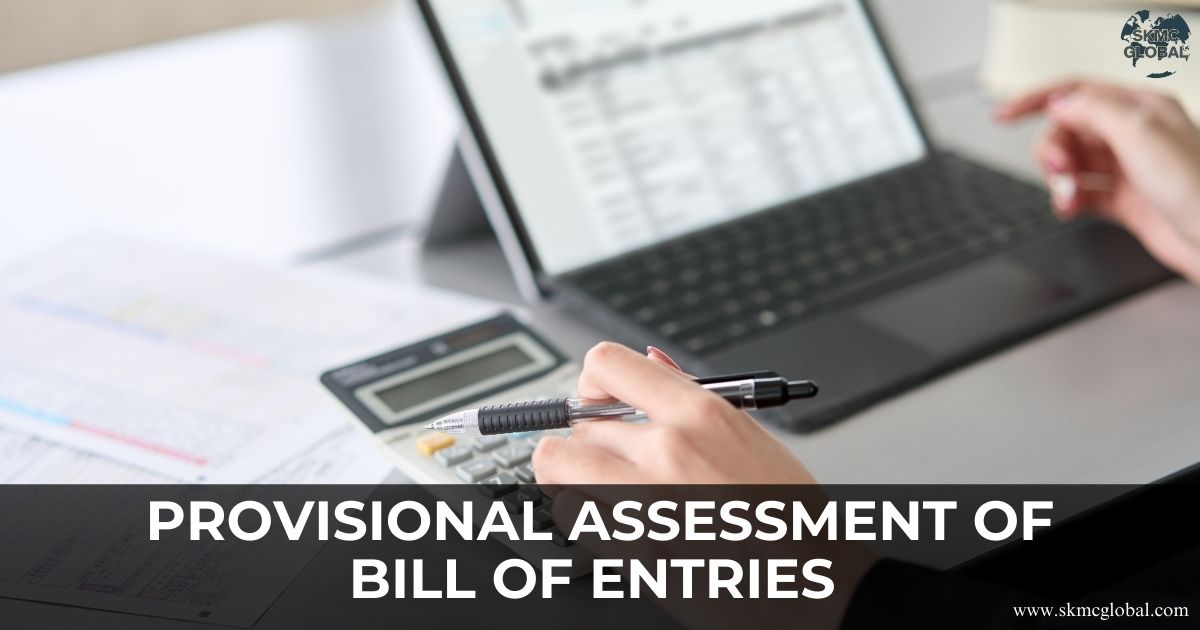 What is provisional assessment of Bill of Entries ...
Sep 29,2025
What is provisional assessment of Bill of Entries ...
Sep 29,2025
-
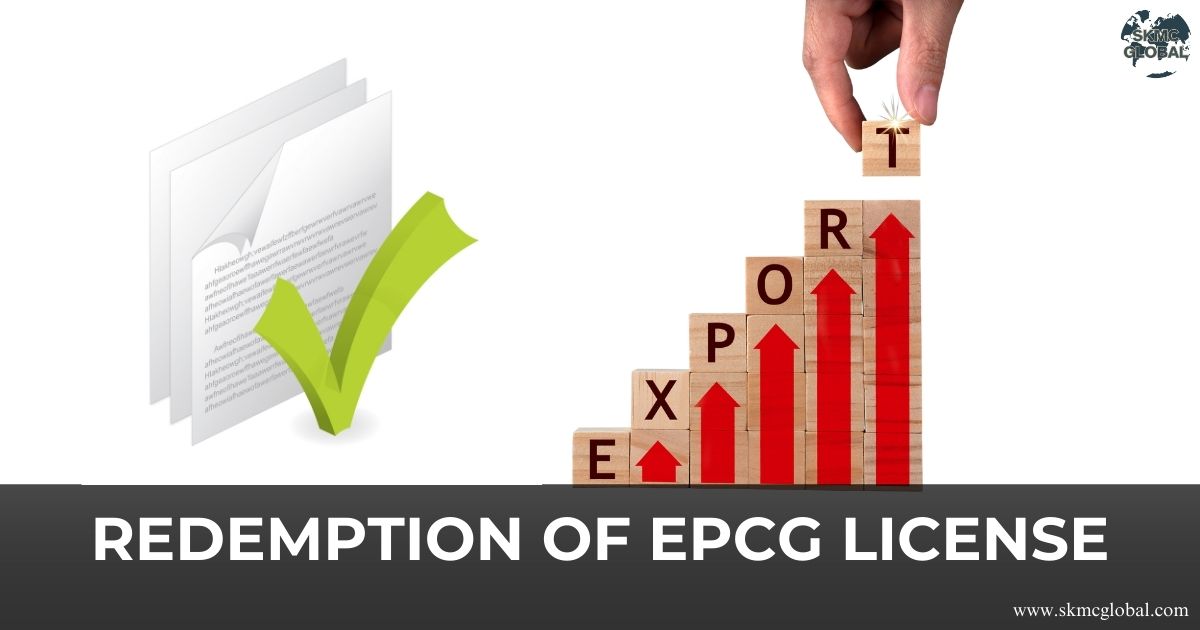 Redemption of EPCG License...
Sep 26,2025
Redemption of EPCG License...
Sep 26,2025
-
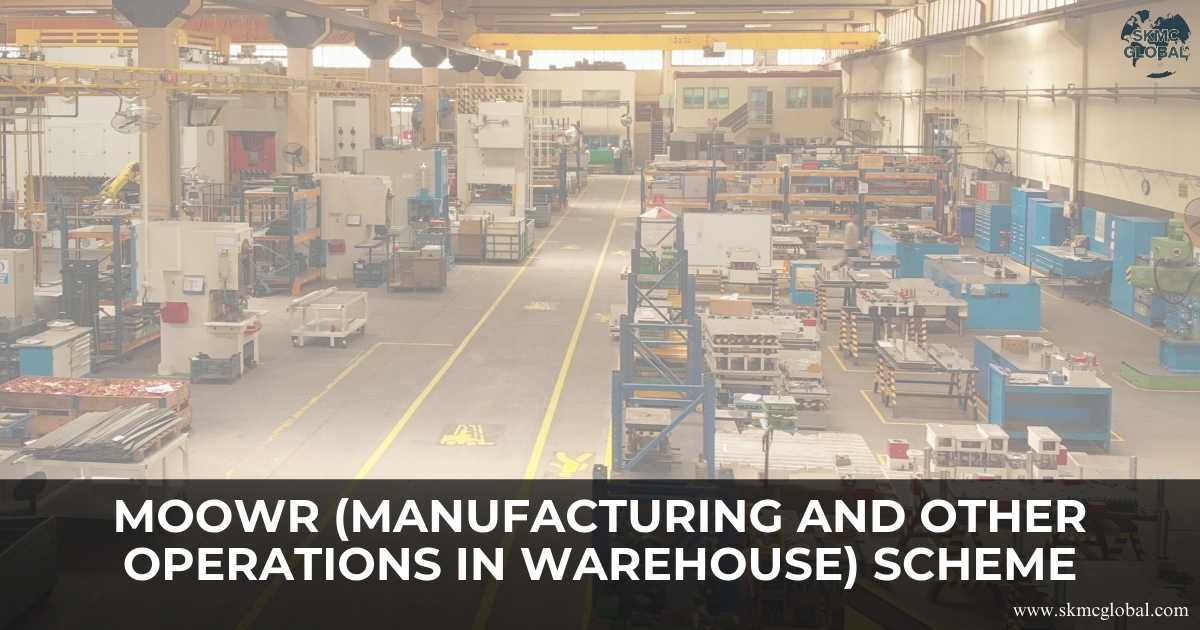 MOOWR (Manufacturing and Other Operations in Wareh...
Sep 24,2025
MOOWR (Manufacturing and Other Operations in Wareh...
Sep 24,2025
-
 Procedure to Apply SCOMET License...
Sep 22,2025
Procedure to Apply SCOMET License...
Sep 22,2025
-
 Landscape of Semiconductor Industry while Doing Bu...
Sep 18,2025
Landscape of Semiconductor Industry while Doing Bu...
Sep 18,2025
-
 The Hidden Costs of In-House Accounting v/s Outsou...
Sep 17,2025
The Hidden Costs of In-House Accounting v/s Outsou...
Sep 17,2025
-
 TDS on sale of immovable property by an nri...
Sep 10,2025
TDS on sale of immovable property by an nri...
Sep 10,2025
-
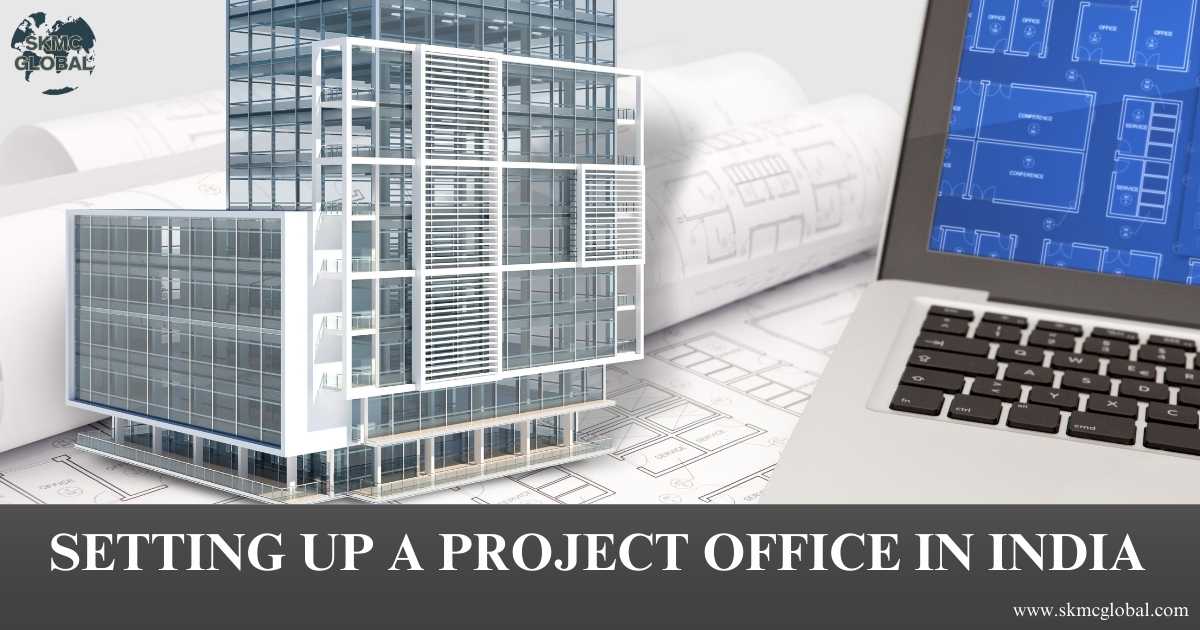 Setting up a Project Office in India...
Sep 08,2025
Setting up a Project Office in India...
Sep 08,2025
-
 Tax Implication for Transferring NRO Funds to NRE ...
Sep 05,2025
Tax Implication for Transferring NRO Funds to NRE ...
Sep 05,2025
-
 How outsourcing CFO services helps the corporates ...
Aug 27,2025
How outsourcing CFO services helps the corporates ...
Aug 27,2025
-
 Why a Periodical Cash Flow Statement is Necessary ...
Aug 26,2025
Why a Periodical Cash Flow Statement is Necessary ...
Aug 26,2025
-
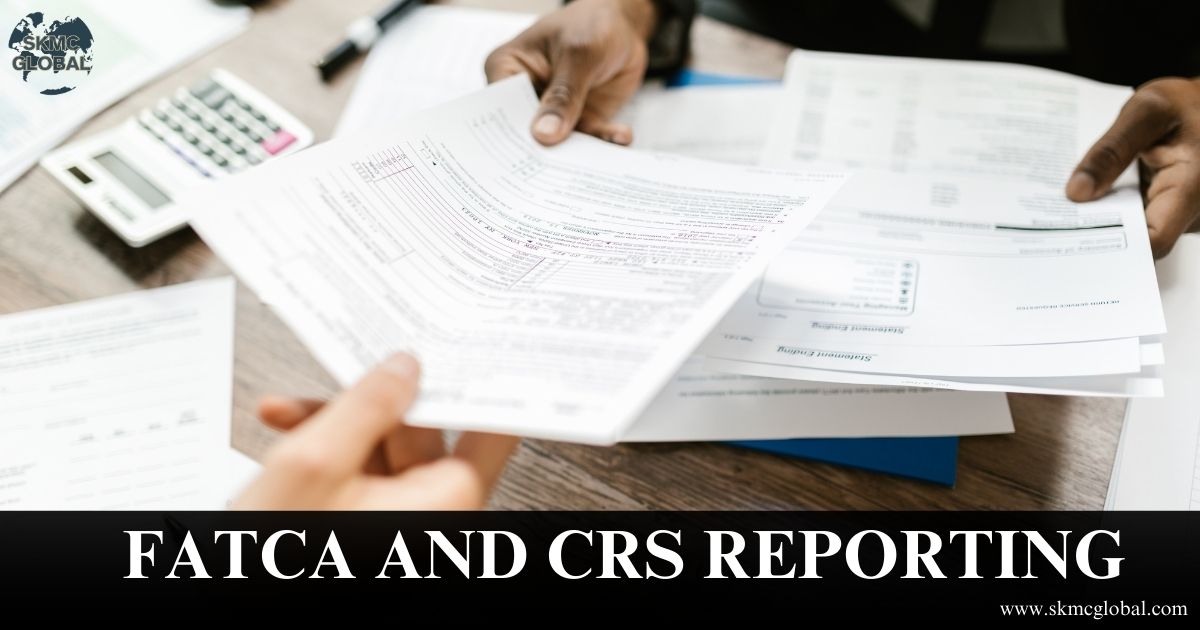 What is FATCA and CRS reporting and its difference...
Aug 22,2025
What is FATCA and CRS reporting and its difference...
Aug 22,2025
-
 What are unclaimed TDS Credits and how to claim it...
Aug 21,2025
What are unclaimed TDS Credits and how to claim it...
Aug 21,2025
-
 Digital Taxation is reshaping Tax Nexus Between Ju...
Aug 20,2025
Digital Taxation is reshaping Tax Nexus Between Ju...
Aug 20,2025
-
 Procedure to Take PF Registration and Its Complian...
Aug 18,2025
Procedure to Take PF Registration and Its Complian...
Aug 18,2025
-
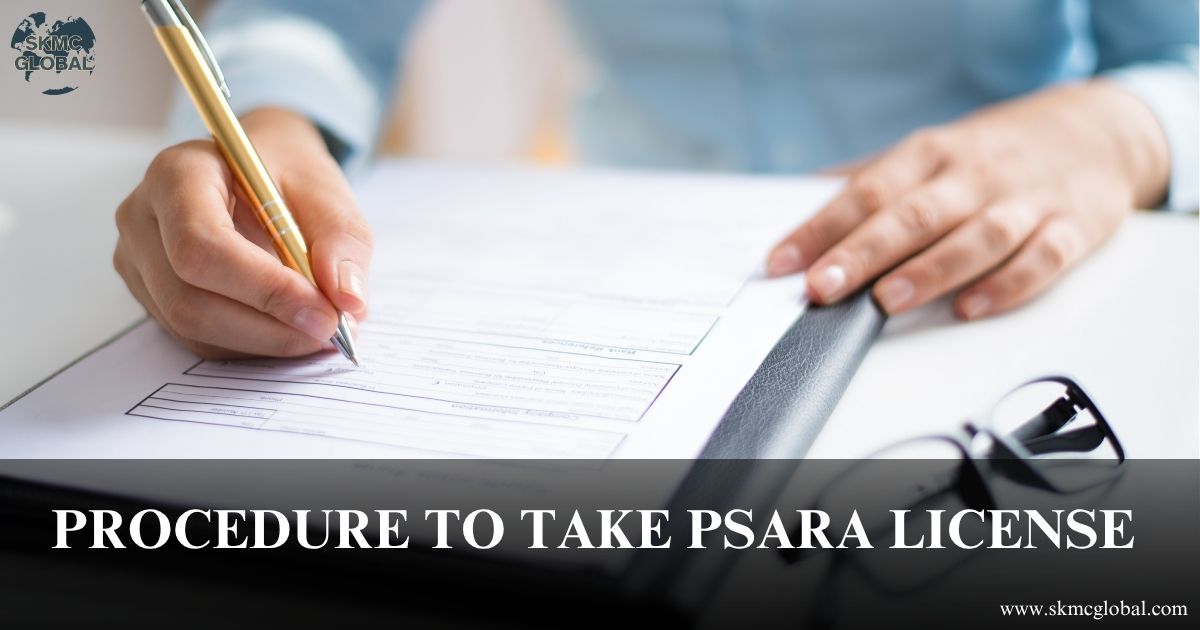 Procedure to take PSARA License...
Aug 11,2025
Procedure to take PSARA License...
Aug 11,2025
-
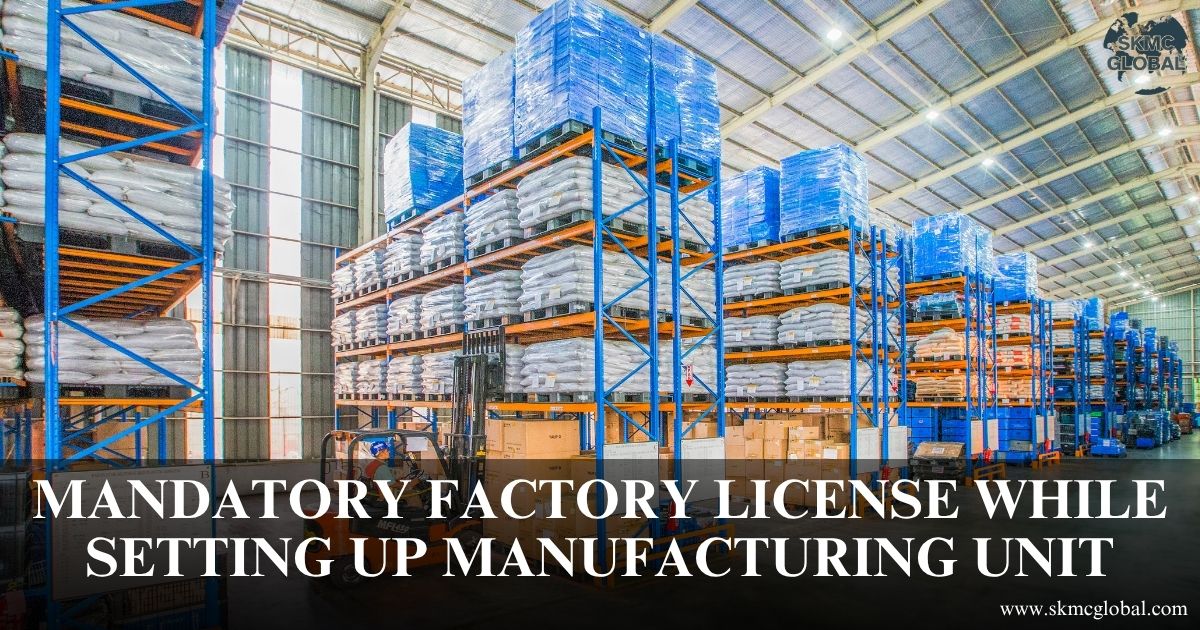 Mandatory factory license while setting up manufac...
Aug 08,2025
Mandatory factory license while setting up manufac...
Aug 08,2025
-
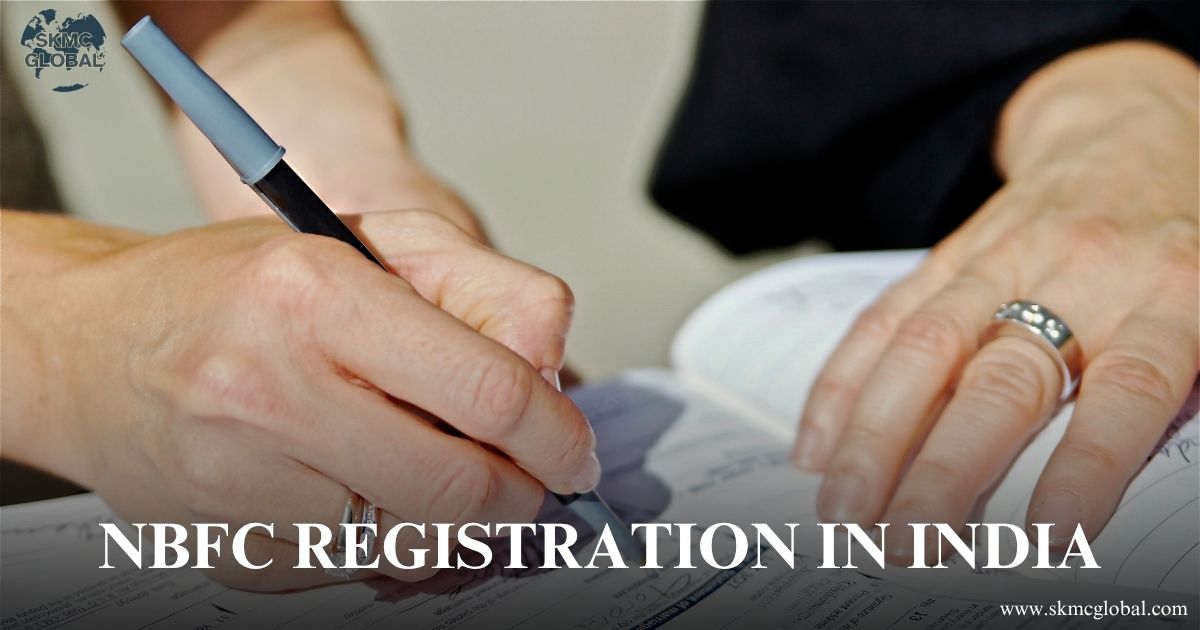 Procedure for obtaining NBFC Registration in India...
Aug 04,2025
Procedure for obtaining NBFC Registration in India...
Aug 04,2025
-
 FSSAI License registration for Food Business...
Jul 14,2025
FSSAI License registration for Food Business...
Jul 14,2025
-
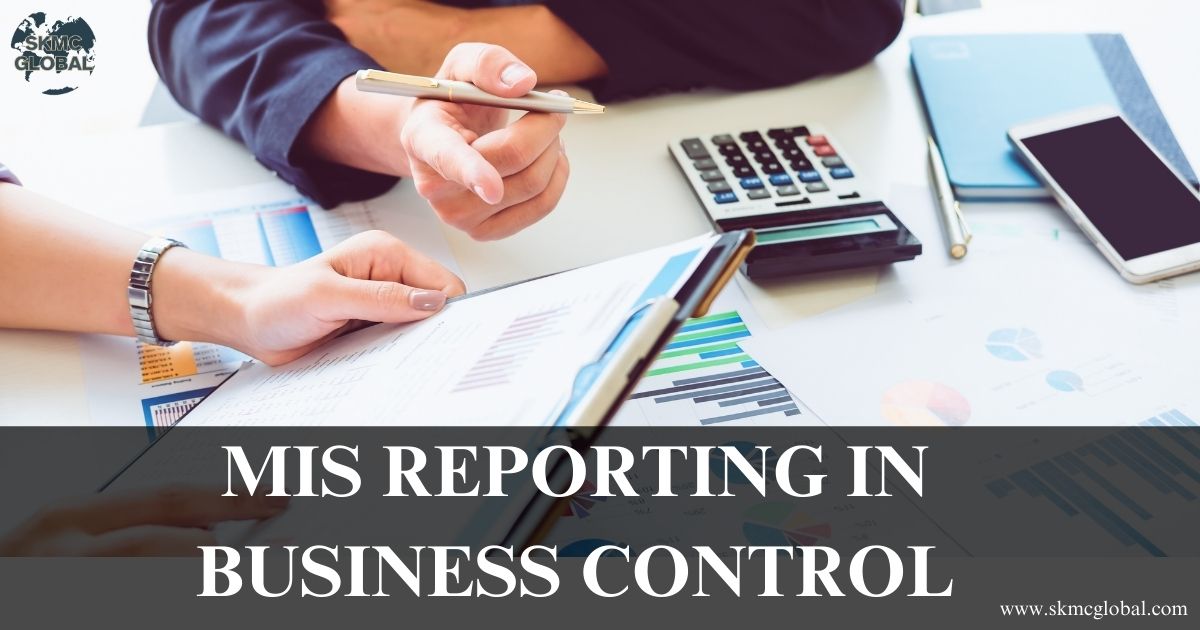 How Management Information System (MIS) reporting ...
Jul 11,2025
How Management Information System (MIS) reporting ...
Jul 11,2025
-
 IFRS 9 impairment- A complete guide...
Jul 12,2025
IFRS 9 impairment- A complete guide...
Jul 12,2025
-
 Why most of the companies are shifting to hr and p...
Jul 10,2025
Why most of the companies are shifting to hr and p...
Jul 10,2025
-
 A complete guide on valuation of shares...
Jul 10,2025
A complete guide on valuation of shares...
Jul 10,2025
-
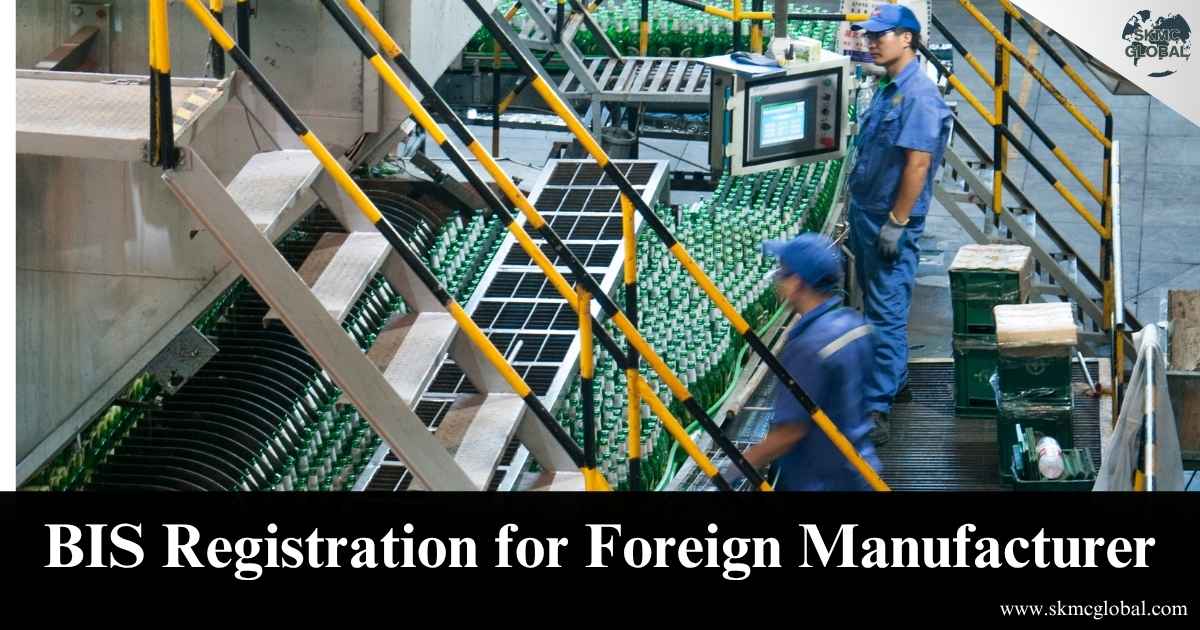 BIS registration for foreign manufacturer...
Jul 09,2025
BIS registration for foreign manufacturer...
Jul 09,2025
-
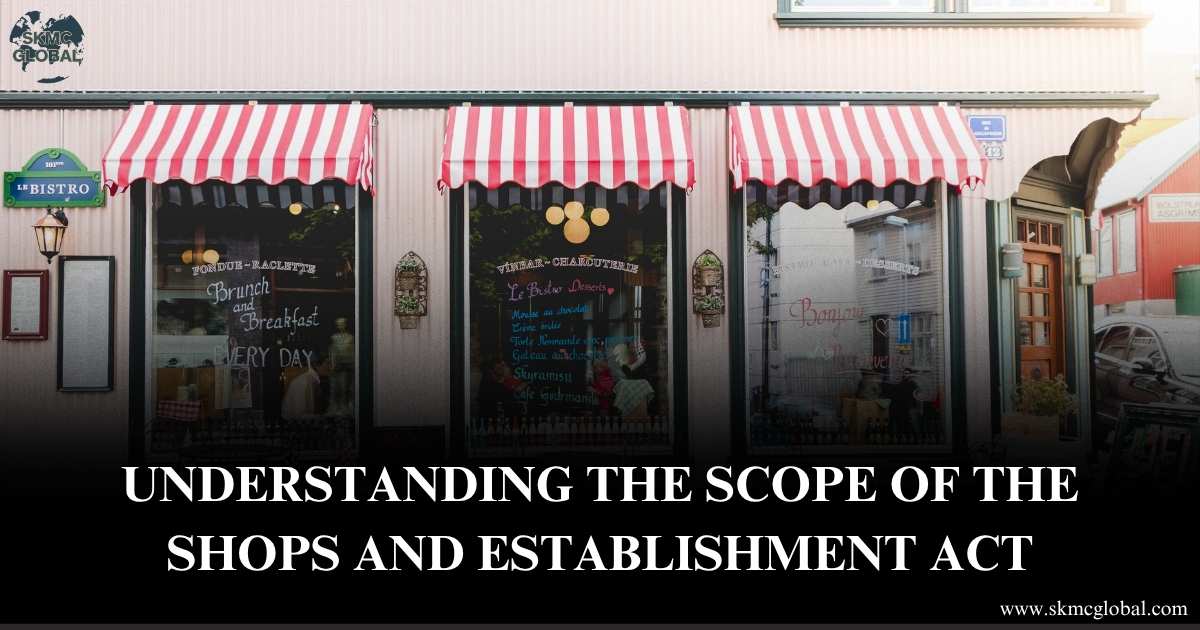 Understanding the Scope of the Shops and Establish...
Jul 08,2025
Understanding the Scope of the Shops and Establish...
Jul 08,2025
-
 Coso framework: Complete guide on internal control...
Jun 26,2025
Coso framework: Complete guide on internal control...
Jun 26,2025
-
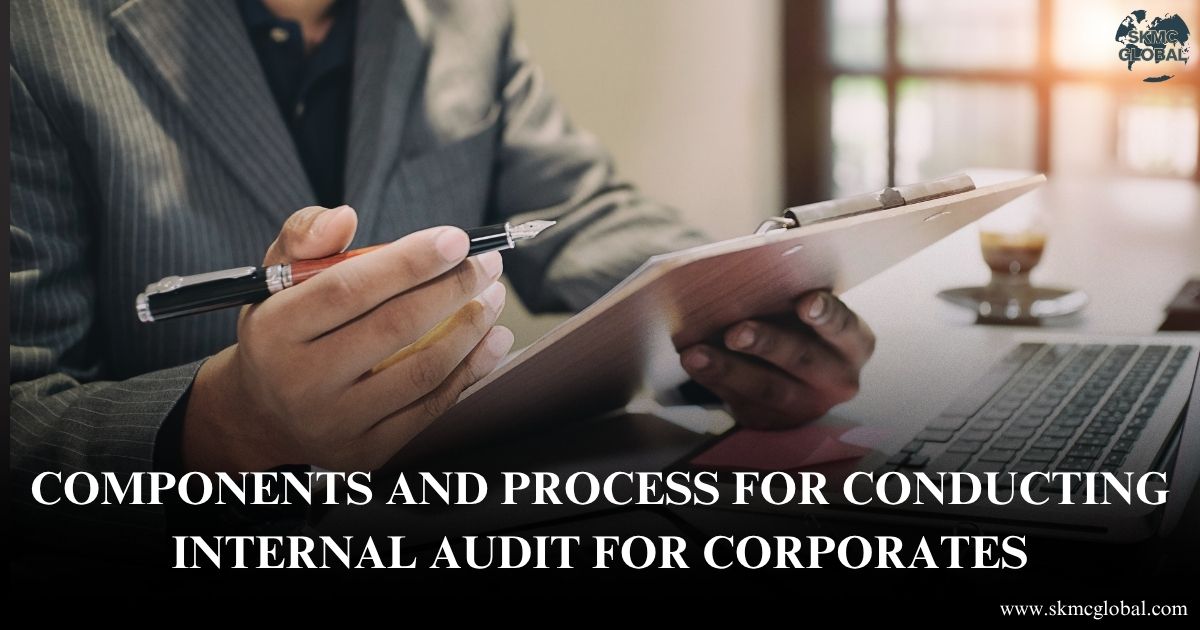 Components and Process for Conducting Internal Aud...
Jun 25,2025
Components and Process for Conducting Internal Aud...
Jun 25,2025
-
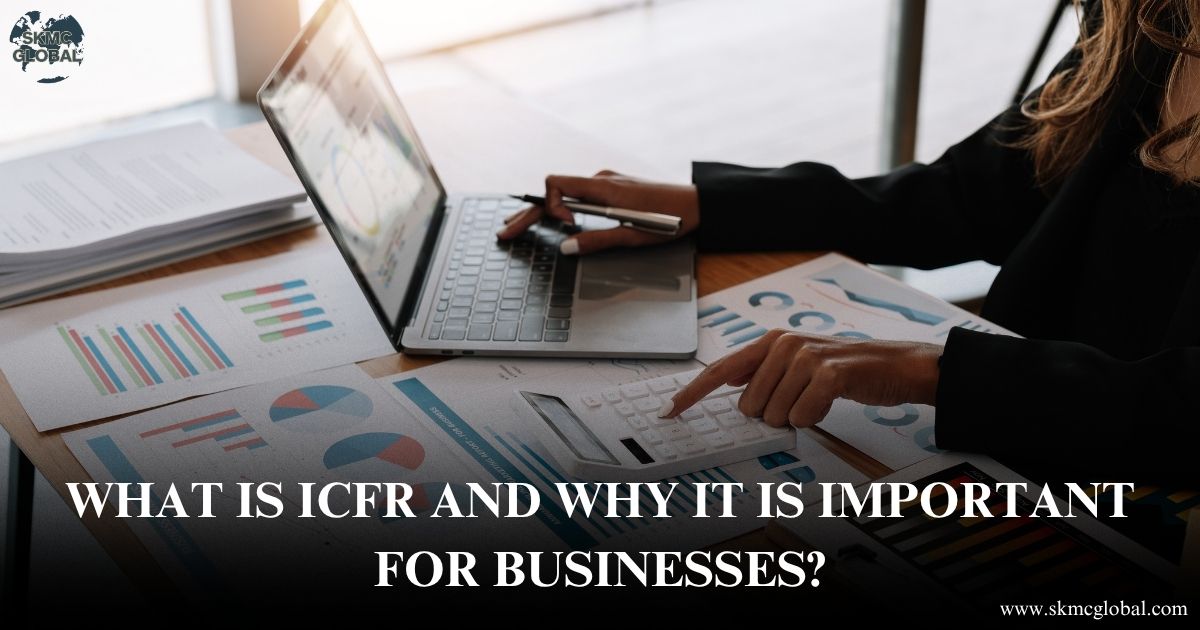 What is ICFR and Why It is Important for Businesse...
Jun 24,2025
What is ICFR and Why It is Important for Businesse...
Jun 24,2025
-
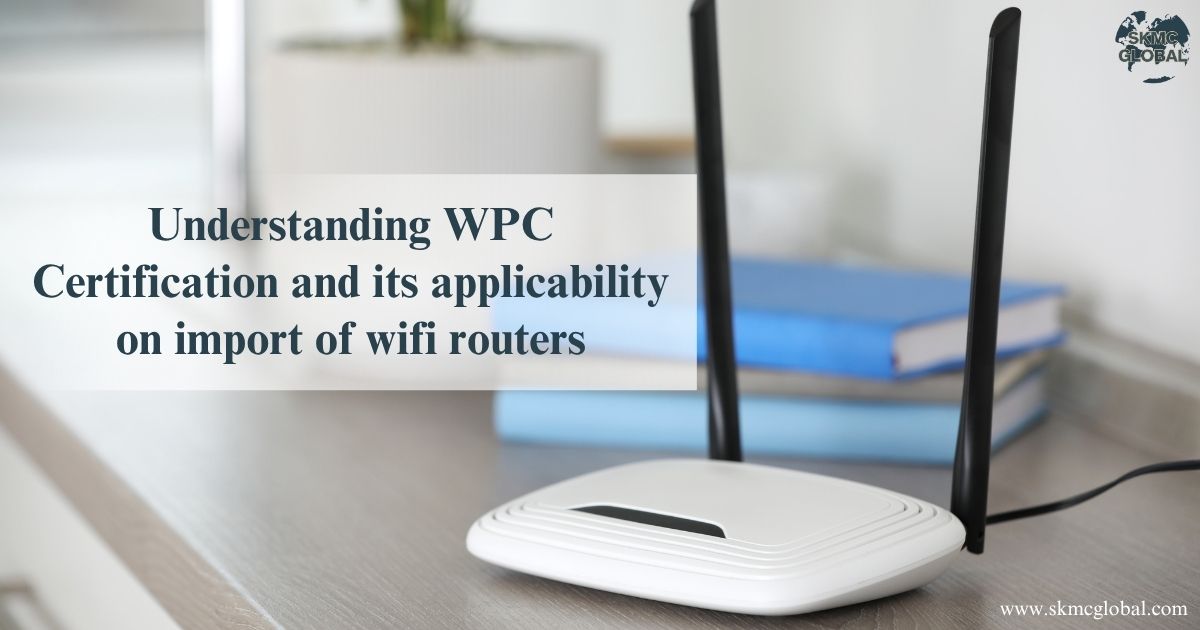 Understanding WPC Certification and its applicabil...
Jun 23,2025
Understanding WPC Certification and its applicabil...
Jun 23,2025
-
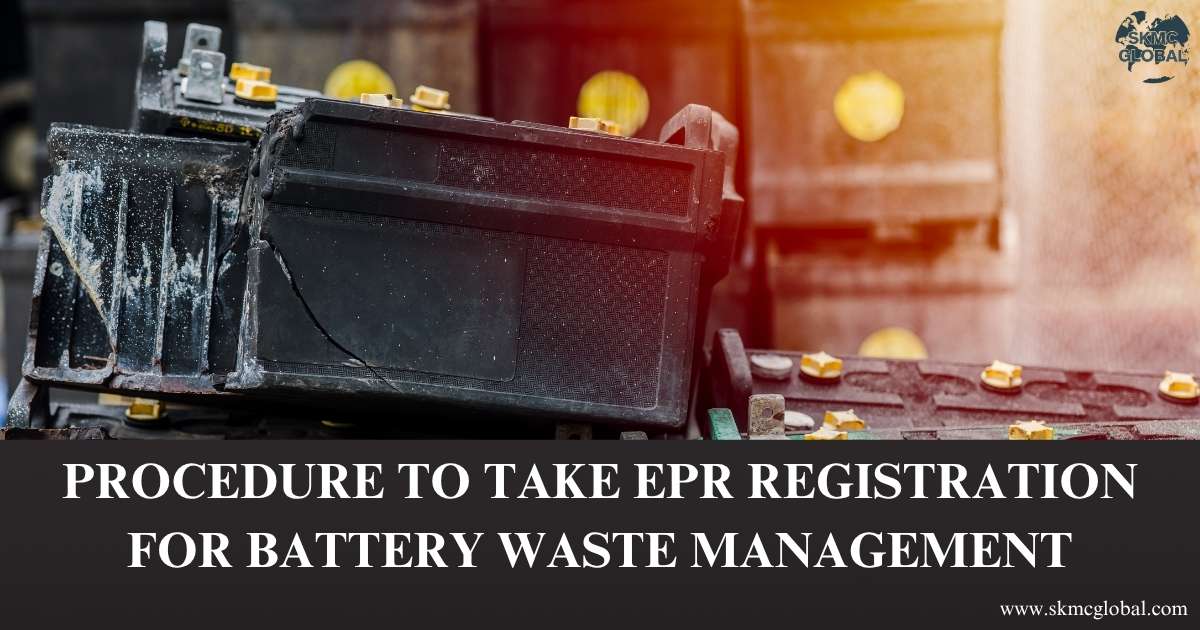 Procedure to take EPR registration for battery was...
Jun 21,2025
Procedure to take EPR registration for battery was...
Jun 21,2025
-
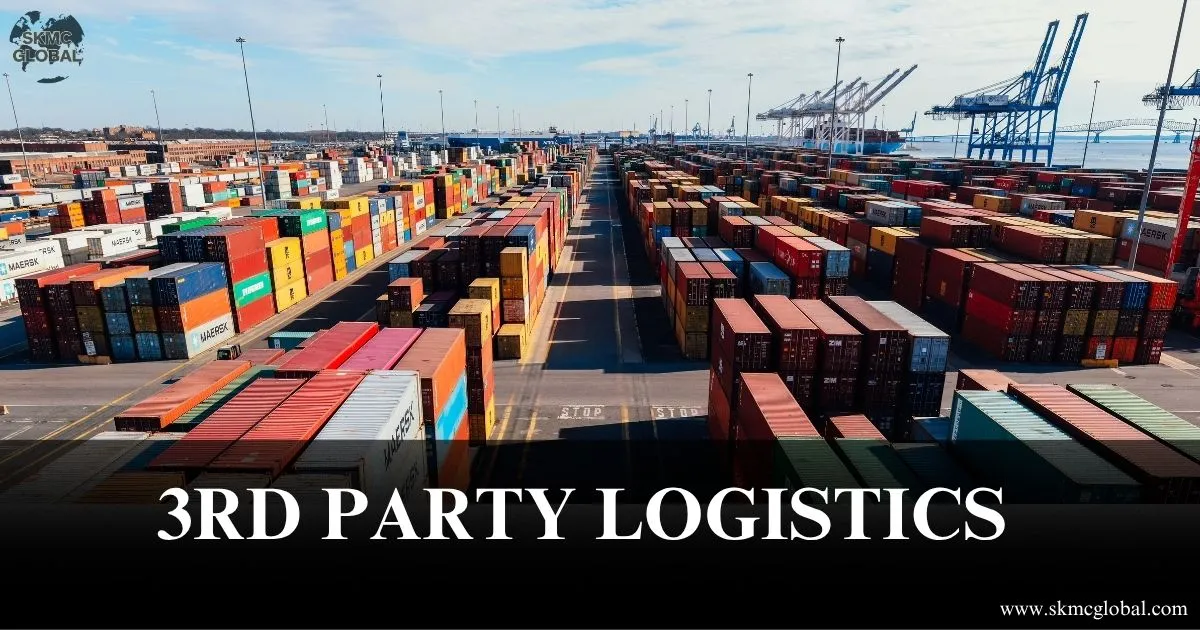 3PL Logistics...
Jun 19,2025
3PL Logistics...
Jun 19,2025
-
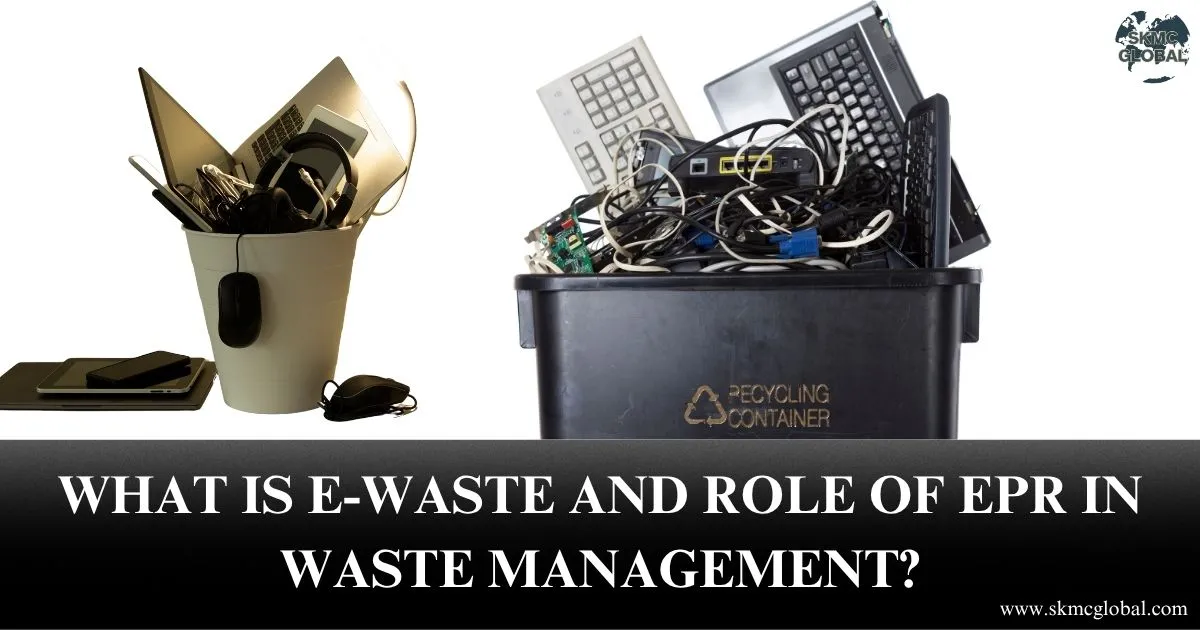 What is E-Waste and role of EPR in Waste Managemen...
Jun 17,2025
What is E-Waste and role of EPR in Waste Managemen...
Jun 17,2025
-
 M&A Due Diligence in India: How to Spot Target Com...
Jun 16,2025
M&A Due Diligence in India: How to Spot Target Com...
Jun 16,2025
-
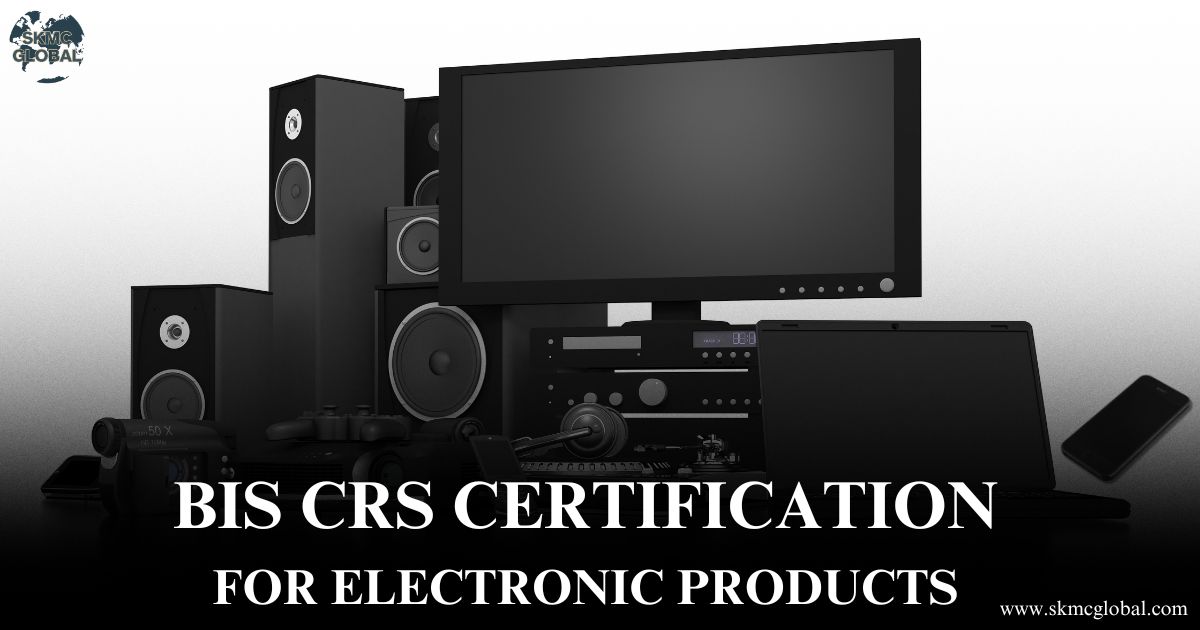 BIS crs certification for electronic products...
Jun 12,2025
BIS crs certification for electronic products...
Jun 12,2025
-
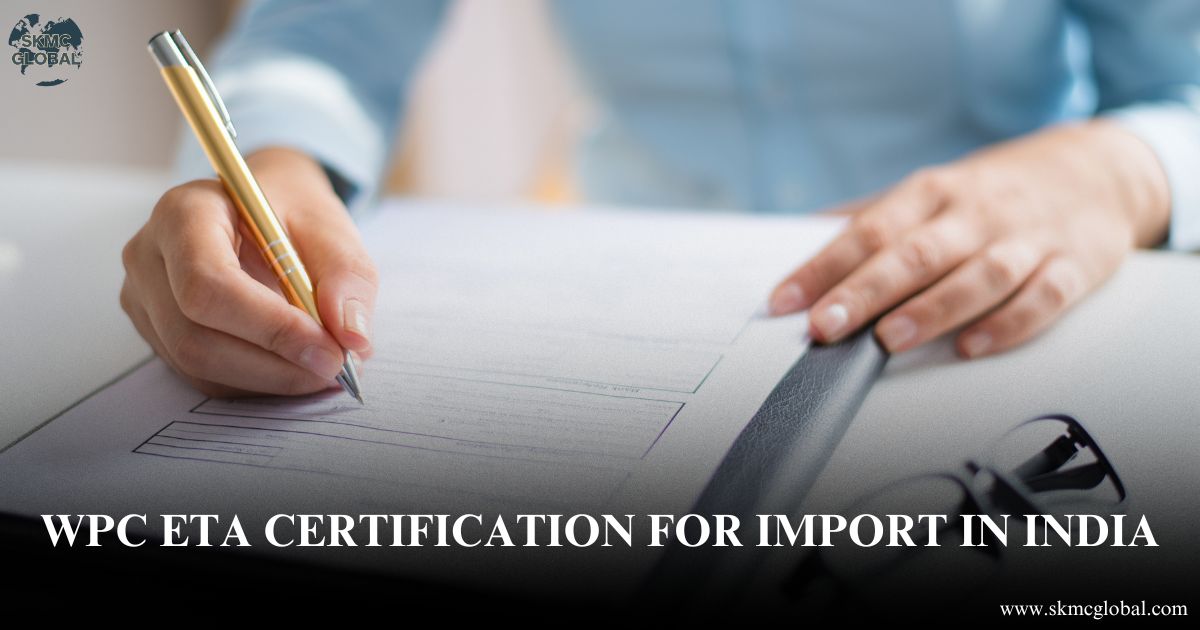 All you need to know about WPC ETA certification f...
Jun 11,2025
All you need to know about WPC ETA certification f...
Jun 11,2025
-
 What is CDSCO Registration under The Drugs & Cosme...
Jun 10,2025
What is CDSCO Registration under The Drugs & Cosme...
Jun 10,2025
-
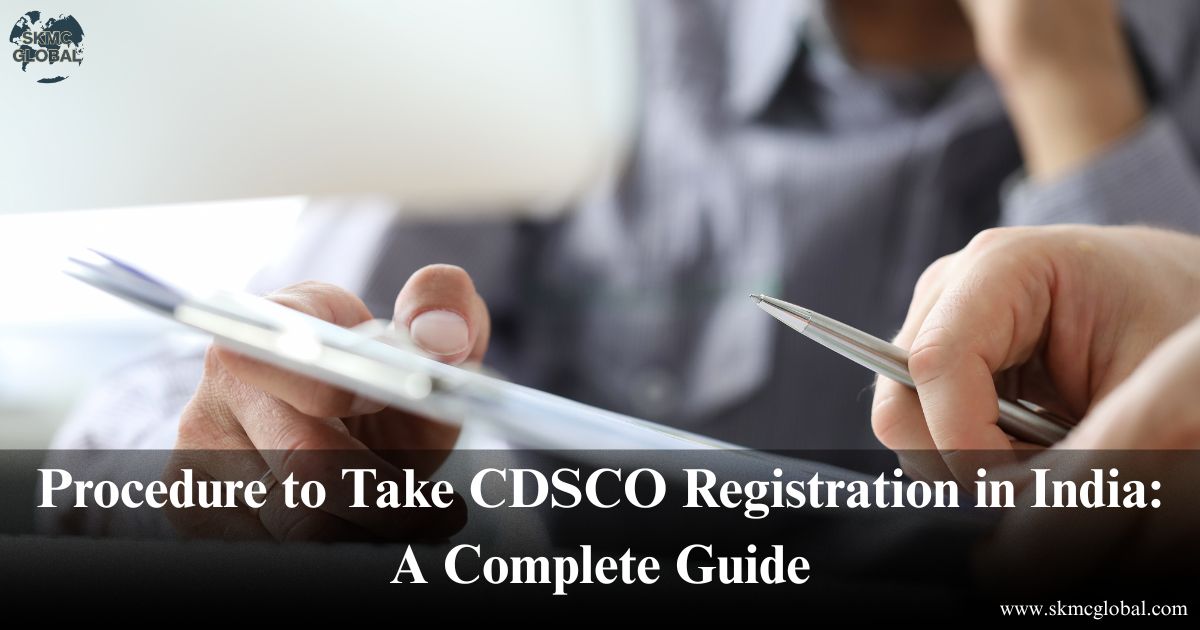 Procedure to Take CDSCO Registration in India: A C...
Jun 09,2025
Procedure to Take CDSCO Registration in India: A C...
Jun 09,2025
-
 All You Need to Know About AERB Registration...
Jun 07,2025
All You Need to Know About AERB Registration...
Jun 07,2025
-
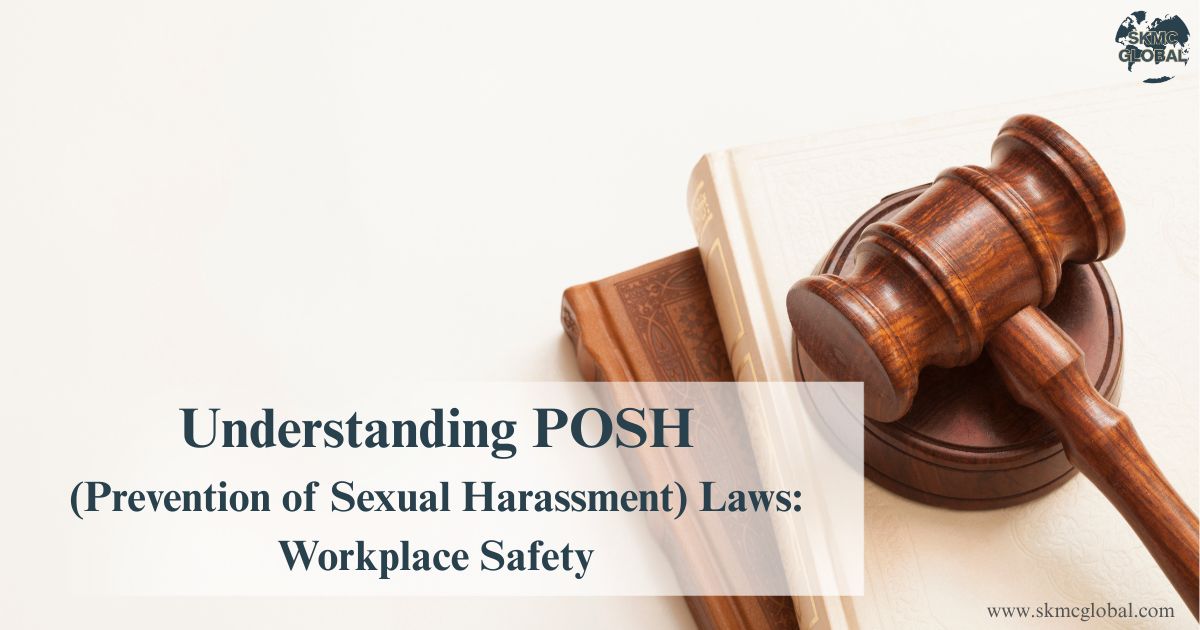 Understanding POSH (Prevention of Sexual Harassmen...
Jun 03,2025
Understanding POSH (Prevention of Sexual Harassmen...
Jun 03,2025
-
 Chartered Accountant's role in financial managemen...
May 23,2025
Chartered Accountant's role in financial managemen...
May 23,2025
-
 5 Things to keep in your mind while running payrol...
May 17,2025
5 Things to keep in your mind while running payrol...
May 17,2025
-
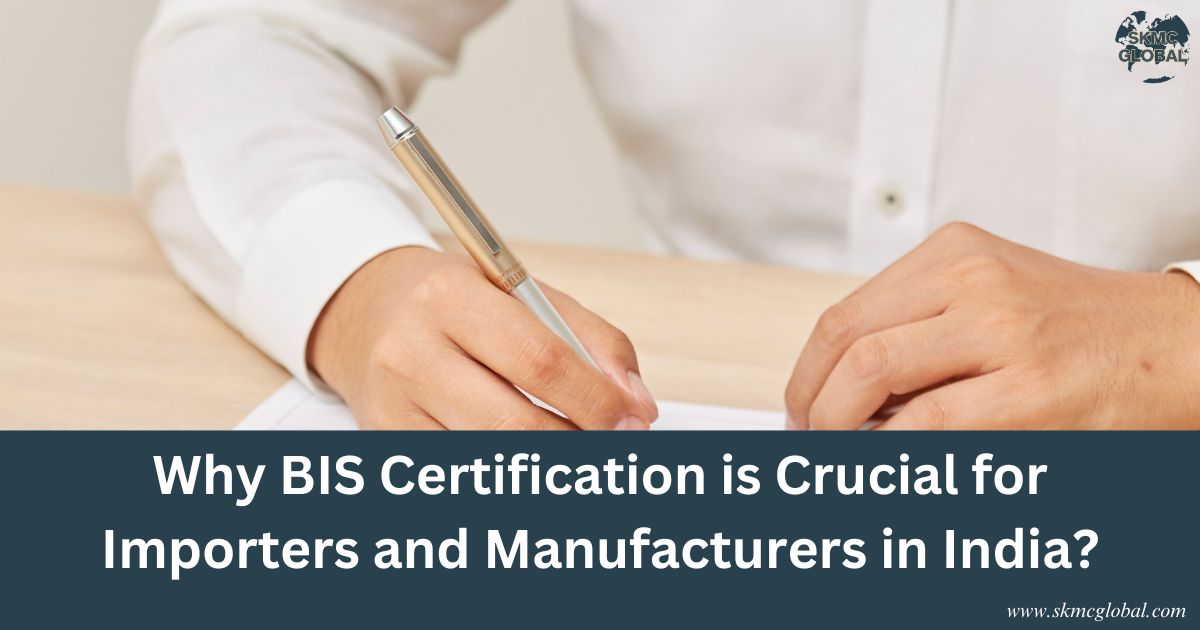 Why BIS Certification is Crucial for Importers and...
May 15,2025
Why BIS Certification is Crucial for Importers and...
May 15,2025
-
 Top 7 Reasons Indian Entrepreneurs Are Switching t...
May 07,2025
Top 7 Reasons Indian Entrepreneurs Are Switching t...
May 07,2025
-
 Incorporation of Company in Japan...
Apr 24,2025
Incorporation of Company in Japan...
Apr 24,2025
-
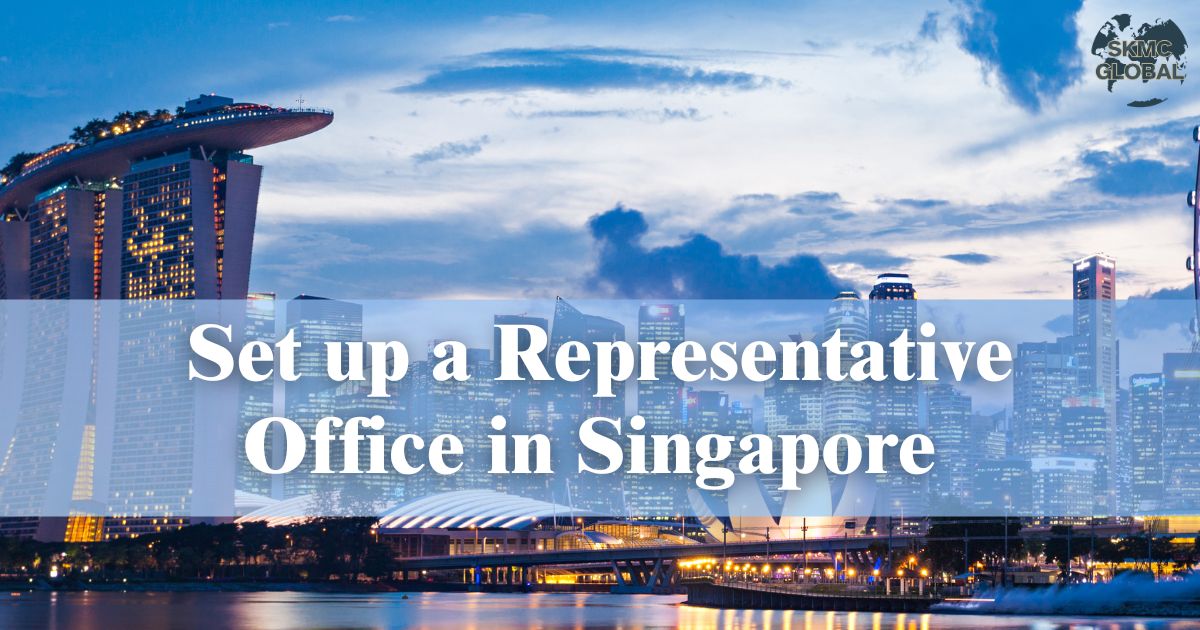 How to set up a Representative Office in Singapore...
Apr 14,2025
How to set up a Representative Office in Singapore...
Apr 14,2025
-
 BIS certificate for medical equipments...
Apr 09,2025
BIS certificate for medical equipments...
Apr 09,2025
-
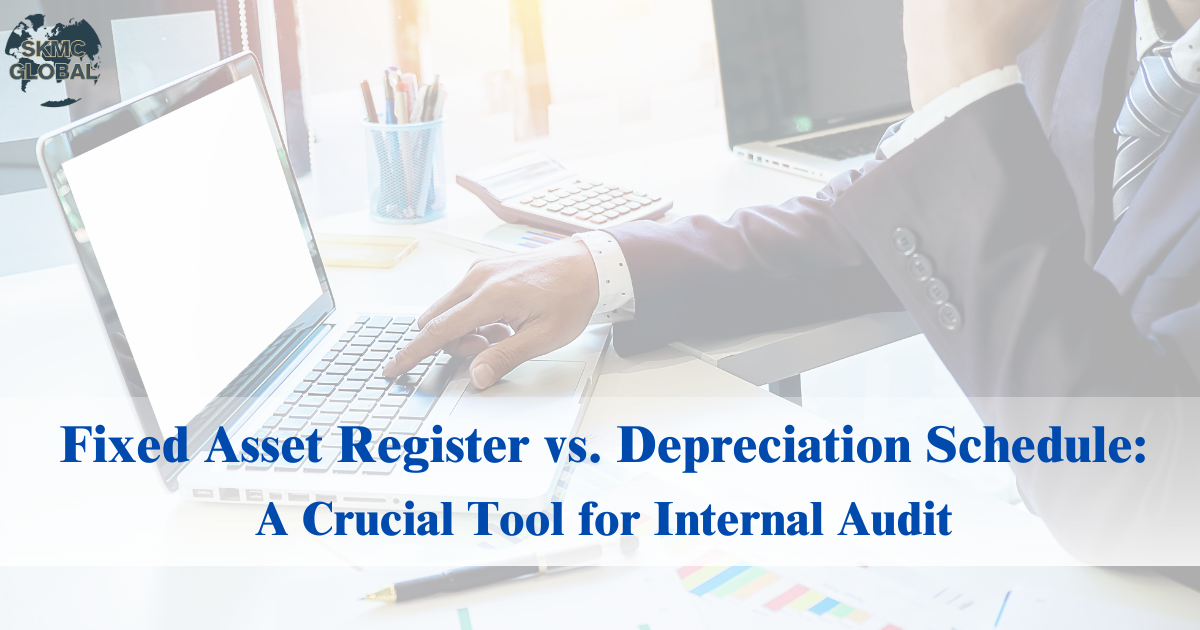 Fixed Asset Register v/s Depreciation Schedule: A ...
Apr 02,2025
Fixed Asset Register v/s Depreciation Schedule: A ...
Apr 02,2025
-
 Role of AI in Accounting...
Mar 26,2025
Role of AI in Accounting...
Mar 26,2025
-
 Capital Structure & its Impact on Profitability...
Feb 21,2025
Capital Structure & its Impact on Profitability...
Feb 21,2025
-
 Union Budget 2025...
Feb 01,2025
Union Budget 2025...
Feb 01,2025
-
 What is EPR in Plastic waste Management? ...
Jul 12,2022
What is EPR in Plastic waste Management? ...
Jul 12,2022
-
 Lithium-ion Battery Recycling Plant Setup in India...
May 10,2022
Lithium-ion Battery Recycling Plant Setup in India...
May 10,2022
-
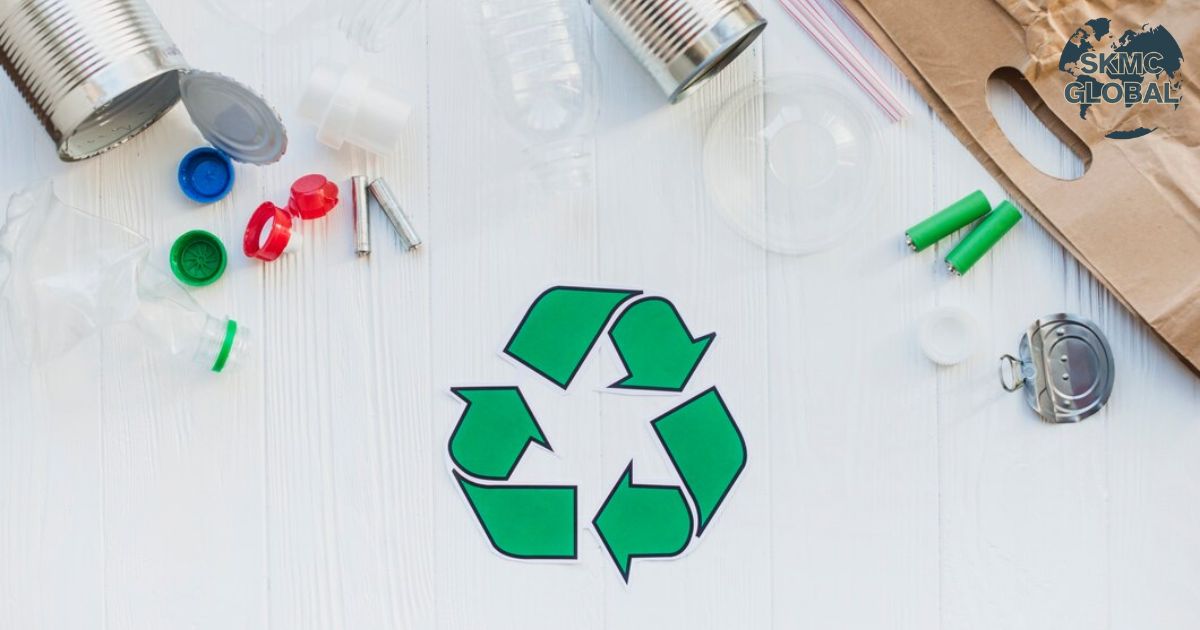 Setting up E-waste Recycling Plant Setup...
Jan 12,2022
Setting up E-waste Recycling Plant Setup...
Jan 12,2022
-
 Applicability of Labour Laws in India...
Jul 15,2021
Applicability of Labour Laws in India...
Jul 15,2021
-
 Basis to Outsource Finance and Accounting Services...
Oct 31,2021
Basis to Outsource Finance and Accounting Services...
Oct 31,2021
